
International Institute for Middle East and Balkan Studies (IFIMES[1]) from Ljubljana, Slovenia, regularly analyses developments in the Middle East, the Balkans and around the world. Dr Mohamad Zreik, PhD of International Relations prepared comprehensive analysis entitled “Lebanon 2022: The Geopolitics of Water Series, Part Three: Water: a commodity or a human right?” in which he analyses the issue of water. Due to depleting supply of clean water and the population growth, water has become a source of conflict that threatens the future of Earth’s population.
Lebanon 2022:
The Geopolitics of Water Series, Part Three: Water: a commodity or a human right?
The issue of water is the top priority for people’s concerns, “How can water be provided in quantity and quality to the world’s growing population, and at the same time, ensuring the disposal of water left over from all human activities without harming the environment?!”
More than a billion people in the world do not have access to pure water, and about two billion people lack these health facilities. In the future, the amount of water will remain the same every year while the number of people in the world increases, so the amount of water per person decreases, because the demand for water resources increases, which experts expect to decline by 20% by 2030, as well as the predictions of the Arab Council for Human Rights which is described as “the situation of water poverty”.
Historically, cities were developed and prospered around areas where water was available. Nowadays, water is increasingly a concern. Population growth and the depleting supply of clean water have become a source of conflict that threatens the future of Earth’s population.
In addition to direct human consumption, water plays a vital role in the issue of food security, as all crops need regular water in order to grow and provide food for the world.
The indiscriminate use of fertilizers and chemicals and the wasteful consumption of fresh water sources, by withdrawing groundwater very quickly, contribute to water pollution, which means a decrease in potable water.
There is general agreement that the water problem appears when the average per capita share of water is less than two thousand cubic meters per year.
Reports published on the occasion of the “World Water Day” on March 22, 2001 confirmed that many water-related border incidents may turn into open wars due to the increasing shortage of this vital natural wealth.
The most prominent goals of this event were to draw the attention of the world and its governments to the fact that the entire earth will be threatened by thirst in the middle of this century, around the year 2050. The report warns that the misuse of rivers and groundwater, pollution, waste, population growth and the chaotic growth of cities, all of this will make the current scarcity (Less than 1,000 cubic meters annually per capita), which affects 250 million people in 26 countries, turns into a “massive thirst” that affects two-thirds of the Earth’s population by 2050. The world’s six billion people currently use only one in a hundred thousand of the planet’s water, which represents salt water or the inaccessible to 98 percent of them.
In order for the world to be able to feed eight billion people and improve their social and health conditions by the year 2050, it must invest 180 billion dollars annually, compared to 70 to 80 billion dollars currently being invested.
A French government memorandum indicates that “a billion people in the world lack safe drinking water, while 4.2 billion people do not have the structures that can be relied upon to purify water.” The memorandum adds to that that water is “the number one cause of death and disease” in the world “directly or indirectly” and that three million children die annually due to a shortage of drinking water.
In a report prepared for this occasion, the World Health Organization drew attention to tropical diseases transmitted by mosquitoes and flies in wet areas, diseases that are directly or indirectly related to the consumption of polluted water.
To the social and health problems of water, it is necessary to add food problems, as irrigated agriculture constitutes 40 percent of the world’s food, as well as climatic problems, where floods and torrential rains constitute, for example, a third of natural disasters.
There are also geopolitical problems, as two-thirds of the major rivers and lakes in the world are shared by more than one country, as well as environmental problems, as half of the rivers and water bodies are polluted. This water is distributed in an absolutely unequal way, with 23 countries sharing two-thirds of the water resources, while the remaining third is distributed unevenly for the rest of the countries.
Statistics alarming imminent danger
We are now facing a global emergency in which more than a billion people lack a basic supply of clean water and more than 2 billion people lack adequate sanitation, which is the leading cause of water-related diseases.
On the other hand, lakes, rivers and glaciers all over the world are constantly shrinking, and the growing pressures of population, economic growth, urbanization, climate change and deforestation are weakening water sources and thus causing social and economic uprisings, but this is not an inevitable result.
In fact, if we look at the world map, we find that the seas and oceans cover 70.8% of the total surface area of the planet, with an average depth of 3.73 km. 35% of its total surface area.
Although water covers 70% of the globe, the proportion of fresh water does not exceed 2.5%, and the proportion of salt water reaches 97.5%, and caps and glaciers constitute about 70% of the total volume of fresh water, where many factors lead to water scarcity such as population rise, global temperature and other emerging factors that make water a profitable commodity that many private sectors are rushing to exploit. Another advocate of the right to water argues that the legal obligation stemming from right to water decisions would motivate both developing and donor country governments to make effective changes in domestic and aid policies and resource allocation, and give citizen groups a more solid ground on which to apply pressure on governments.
According to the 2012 United Nations report on the Millennium Development Goals and to give a clearer picture of the impact of water on human life, 783 million people (i.e. 11% of the world’s population) do not have access to improved drinking water sources, as a child dies every 21 seconds as a result of this cause and 443 million school days are lost each year due to water-related diseases.
Unfortunately, all of this is concentrated in areas where there is no water, such as sub-Saharan Africa, where 40% of the population lives without potable water. Currently, the water crises are not only in its scarcity, but in access to its sources.
Water pollution problem
Every year 200 million tons of human waste is poured into rivers. 1.2 billion people have no other choice but to defecate in nature, and 2.5 billion people, more than a third of humanity, use toilets that do not provide safeguards against outbreaks of faecal-related disease.
The World Health Organization (WHO) estimates that 80% of deaths from diarrheal diseases are the result of poor sanitation and access to safe sanitation. And things are moving slowly in the face of an invisible scale of the problem.
In 2050, the world’s population is expected to reach ten billion people sharing the same amount of water available today. The result will be that 40% of the world’s population will suffer from a water shortage in one way or another and armed conflicts will be the way to obtain water.
The Arab world
A study conducted by the Arab Center for Studies of Arid Zones and Arid Lands says that 13 Arab countries fall within the water danger, where the average annual per capita share is less than 2000/1000 mm3.
According to the United Nations Water Program, by 2025, two thirds of the world’s population will suffer from water distress, including all Arab countries, and eight of the countries in the region will have the lowest availability of water per capita in the world.
This comes at a time when the Arab world does not use more than 5% of its water reserves and desalinates 10.9 mm 3 of which 4.5 mm 3 are desalinated, and 6.4 mm 3 is sewage, agricultural and industrial water, instead of the presence of 60% of Arab waters under the control of non-Arab countries, including Israel.
One of the most important challenges that Arab countries face and affect their security system is the issue of the water threat, as the Arab world is characterized by the scarcity of its water resources, as the bulk of it is located in dry areas, which are characterized by irregular and unpredictable rainfall rates.
The volume of the total water resources in the Arab countries is estimated at about 238 billion m 3 / year, which represents about 0.8% of the total renewable water resources around the world. Agriculture is at the top of the list of water consuming sectors in the Arab world and is estimated at about 88.8% of the total water uses; this percentage is more than 90% in Syria, Iraq, Oman, Yemen, Sudan, Somalia, Morocco and Mauritania.
Mauritania is considered one of the poorest countries in the world in terms of water. Since the country’s independence, comprehensive access to water has been impossible, as it is an integral part of the arid and hot Sahel region. Studies completed in this regard indicated that Mauritania is the most fragile in the field of water and its water sources are the least stable in the world. The countries of the Middle East do not suffer from large and direct water shortages. Therefore, violent conflicts will arise because of the dispute over issues related to borders or internal affairs.
In Lebanon
In Lebanon, access to water is one of the life problems that Lebanese face on a daily basis. The Lebanese state is considered one of the richest countries in the region in terms of natural water resources, but the management of wealth remains the main dispute that the Lebanese republic suffers from, as is the case with other sectors.
The Ministry of Energy and Water in Lebanon had previously determined the need for irrigation water, including waste in the traction networks, at 8000 m3 in the year 2015, compared to 10,000 m in the year 2000, and it is expected that irrigation consumption will reach 6000 m3 in 2030. Based on the same data from the Ministry, the water balance in Lebanon and demand management for the year 2005 came as follows: 900 million m 3 for irrigation, 150 million m 3 for industry, 501 million m 3 potable, a total of 1.55 billion m 3 per year.
The ministry’s expectations indicated a doubling of these numbers by the year 2030. From this premise, future projects were launched in this context, the most important of which is the Blue Gold project with the concept of the inclusive economy, which will provide 500 million cubic meters in 2020 through the construction of dams, water refining, quality control and water collection Rain, afforestation, and the adoption of drip irrigation. As 87% of the Lebanese state’s financial resources are wasted, such as salaries, wages, and benefits without real investments.
Water related deals
Competition exists in the short term, since one person’s use of water deprives another person from benefiting from it. At the international level, the issue is not related to the difference between supply and demand, but to the difference between demand and the rate of renewal of water resources. Here, competition between countries emerges and intensifies due to the pressure of population growth.
In this context, bilateral relations between countries witnessed the conclusion of bilateral water sales deals in recent years as follows:
- Between Turkey and Israel: On March 25, 2004, 50 million cubic meters of purified water will be sold in Turkey annually for twenty years. The water will be taken from the Manavgat River in Turkey, and then transported in oil tankers to Ashkelon in Israel. Jonathan Peled, a spokesman for the Israeli Ministry of Foreign Affairs, commented at the time that this historic agreement would turn water into an internationally accepted commodity, adding that this indicates that the idea of importing fresh water is not one of the academic ideas of the future.
- Another deal was made between Lesotho and South Africa to sell water as a commodity from Lesotho to South Africa at a rate of 88 cubic meters per second.
- A deal between Iran and Kuwait worth $2 billion was made (June 2001), which crossed water pipelines from northern Iran to Kuwait.
- There are also tankers transporting water in the Caribbean and the Philippines.
A sharp controversy erupted in Canada over the export of large quantities of water when the Global Water Corporation of Canada contracted to ship 58 billion litters annually of glacial water in Alaska using huge tankers to be filled in bottles in the free trade zone in China. It is considered that this project would benefit from cheap labour in China and achieve significant gains as a result.
But as Canada is a member of the World Trade Organization and the North American Free Trade Agreement (NAFTA) bloc that includes the United States, Canada and Mexico, it has had to abide by the same trade liberalization rules for international organizations to make water a tradable good like any other.
Traditional solutions
The United Nations report for the year 2012 confirms that the situation can improve radically and by simple means even in the poorest countries, such as water sterilization (by chlorine or exposing it in bottles to sunlight for hours) and personal hygiene without waiting for the construction of advanced networks in distribution, irrigation, treatment and purification so that this water is not contaminated and to be potable.
Various reports stress the need for the private sector to assume additional responsibility in financing operations, at a time when this sector does not currently contribute more than a quarter of these operations. In order to achieve greater efficiency in the framework of water investments in the long term, and to avoid the shortage of equipment, the reports recommend the establishment of an “international water bank” that takes care, finances and guides water projects in the world.
Unlike other resources, water is a very important and very cheap resource in order to expose it to the random and costly wars of appropriation and occupation. Transporting water from long distances is hard work and puts the buyer in a position of weakness, and therefore it is considered a local solution that is used after all solutions are exhausted.
But even if water consumption is rationalized, and we change our habits in consuming and producing it, this is not considered sufficient to meet the increasing demand for water. The desalination process of sea water has made important achievements, which bode well for encouraging future results for the human race, whose population is increasing in coastal areas. This process has flourished since the price of desalinated water became competitive (about half a dollar per cubic meter at best). Perhaps ‘supposed real’ water markets, that is, water saved by importing a product rather than growing it in the country, are worth pursuing, even if countries in the region are reluctant to give up their food independence.
Between these solutions and measures to save water, which we still need, governments are adopting a number of reform policies related to water, which vary from one society to another, and are affected by several other factors related to the geological and environmental situation, the current wealth on the ground, the difficulty of accessing it, its cost, and its quality; as well as the financial situation of governments and their technical and social capabilities to accept change, its limits, and its impact on all components of the state and the nation.
Water Reform Policies
Water is perhaps the most universal commodity and the essential ingredient for the creation of any civilization.
Historically, cities were developed and prospered around areas where water was available. Nowadays, water is increasingly a concern. Population growth and the depleting supply of clean water have become a source of conflict that threatens the future of the Earth’s population.
There is still an urgent need for long-term solutions to this problem, as countries and private companies spend billions in oil and gas pipelines that extend across countries to provide these valuable commodities, but there seems to be no economic or commercial incentive to provide similar projects to save water, despite the fact that Its importance to life.
Water pumps can access groundwater, and sea and ocean water can be desalinated and delivered from areas of plenty to areas where water is scarce. These solutions are expensive, but they are possible as a way to provide clean water that increases water reserves and eliminates its scarcity.
The resources allocated to water are insignificant compared to the financial resources. Water should be the basis for agricultural, energy, health and education policies. The problem now is that whoever uses the water doesn’t pay for it, like the farming industry. They don’t pay the real cost. If they had to bear the cost, they would have used it more effectively. The water managers are not the ones who make the decisions. Rather, it belongs to the heads of states and governments the duty to take the matter upon themselves, and all of this is conditional on ensuring that this issue is managed efficiently and conscientiously or not.
Who should manage the water; the government, the market or an active group of citizens?
Public utilities are a good example of fair resource management. Non-governmental bodies work outside the government and the market, but they have relationships with both, so they can activate public morals, hold politicians responsible and highlight weak policies.” Water is a complex problem that represents different issues in different countries, so each country has to prepare its own plans to do what is Right. We must pay for it. When it is scarce, we will pay more. We must educate more people to protect water.
The water reform policy should be based on basic concepts, the most important of which are:
A – Finding the best ways to benefit from the available water resources, before contemplating the establishment of new water fetching projects, and this includes activating all mechanisms to preserve the current resources.
B – That the water sector enjoys a policy that provides encouraging conditions, motivating action, motivating factors for reform, and the ability to directly intervene in the face of the water crisis.
C – That the local and regional initiative be given an opportunity to deal with the water crisis, with institutions and administrative bodies becoming more flexible and quicker to respond, provided that market mechanisms are given an appropriate space in these efforts.
D – To listen to the advocates of the call to collect real compensation equivalent to the value of water as a rare economic commodity, as they see that the behaviour of water consumption, up to the present time, lacks, in its entirety, rationalization, and the consequent waste of a tangible aspect of human water wealth.
Signs of change
Finally, and perhaps it is not too late, that human beings are beginning to turn to the water, they have discovered that their watery future is more or less threatened, and that most of the world’s problems are floating on the surface of the water. Water is more important to us than anything else, yet it is still one of our lowest national priorities, and we do not mention it in our economic plans except sparingly, even though water comes at the forefront of natural resources, the focus of attention and ambition, in a world whose climate is turbulent, and the areas of drought are expanding in its dry land year after a year.
Some phenomena indicating the growing trend towards considering water as a commodity have been observed.
The debate on water as a commodity has started since the issuance of the Dublin Declaration of 1992, and the Declaration stipulated in its third paragraph that “water has an economic value in all its competing uses, and it should be recognized that it is an economic commodity.” This is in addition to the text in the Declaration on the pivotal role of women, in her home and in raising her children and guiding them to provide, manage and maintain water, protect the environment and all life resources, emphasizing that fresh water is a limited and necessary resource for the continuation of life, development and the environment.
Then this trend started to continue and escalate in dealing with water as an economic commodity that is bought and sold in water markets, with the exchange of the value of water rights between users. Indeed, “water rights” are applied in the United Kingdom, Australia and the United States as leading examples in this field.
Despite the great importance of water as a vital thing for life and for all societies, the news has recurred with the advent of the twenty-first century, and repeatedly in recent years, to confirm new trends of change in the methodology of dealing with water as a tradable commodity, anything for sale. The privatization of water services in light of the globalization currently taking place on a global scale has opened the door to the concept of water as a service and as a commodity, and thus water is no longer seen as a gift from God (or the state), but as an essential commodity for which one has to pay.
Some academic circles and intellectual forums in international conferences also tried to promote the idea that water during this century will become a commodity to be bought and sold, and it has water markets or its own stock exchange in which water instruments are traded and speculation on their current and future prices, similar to dealing with a strategic commodity such as oil. This idea was highlighted in more than one event, in relations between countries, and in international forums and conferences.
This transformation introduces water into the broad economic market forces that touch the strategic policies of countries. The issue of water in particular has taken centre stage on the international scene due to its closeness to the line of danger, as well as its strategic importance and its important role on the geopolitical map.
This phenomenon has grown dramatically during the twentieth century with the growing fears of water scarcity and pollution and environmental degradation resulting from the misuse of water and the policies of governments destructive to the environment.
The commodification of water, although not a new phenomenon, is part of a more modern market-based approach to water management and elicits different attitudes of approval and rejection by stakeholders.
The predominant pattern of water consumers, international organizations and civil society institutions in the world meets with great dissatisfaction the idea of viewing water as an economic resource.
Is it permissible for water to become a commodity?
There is no doubt that water was originally a resource of life that has existed on earth since its creation, and it has found many resources with different faces and uses. Man has invested and developed these resources according to his life needs. Then he proceeded to improve, tame and coordinate them in order to conform to his requirements, taste, and yearning for luxury, and to meet his knowledge of different sciences and to develop his knowledge that he used to improve his quality of life and standard of living, including food, drink, clothing and a ride, and even his wealth and social status.
The most prominent feature of the contemporary lifestyle today is the large number of studies that focus on health and food, with a special focus on the importance of water in the diets that we follow, and more than that, the types of water, its quality and its special composition for each type of diet, which would support this diet or those in achieving its goals. This trend has created a new concept for dealing with water and how to consume it, which is the concept of transforming water from a raw resource into an economically tradable commodity. This process was considered as “commodification”, the commodification of water.
Moreover, the contemporary civilized development, the volume of pollution caused by humans, the tight control of water flow, and the rise in the standard of living as a result of economic development, necessitated the treatment, purification and bottling of water for drinking or health uses, which made its circulation as a commodity possible, to cover the additional costs required by preparing water with the desired formula, but without transforming water into a commodity that can be bought and sold in its natural form.
While world leaders have recognized that access to drinking water is a fundamental human right, they have also recognized that the principle of cost recovery should apply to water use beyond those needs. The systems will not become sustainable unless there is investment to maintain and expand the systems to meet the needs of development and the growing population.
Different positions on the issue of water commodification
Those who wanted water as a preserved human right argued that if it were treated as an economic good, the poor could not afford it. It is not permissible for anyone to make a profit from something that we cannot live without.
Economists have argued that water is a commodity.
In July 2010, the United Nations General Assembly adopted a resolution recognizing the right to clean and safe drinking water and sanitation, as a fundamental human right. (between 50-100 litters of water per person per day) provided that it is safe and acceptable, at a reasonable price (the cost of water should not exceed 3% of the household income), and that it is actually accessible (the water source should not be located within 1000 meters of home, and the time to obtain it does not exceed 30 minutes).
The 1948 Universal Declaration of Human Rights affirmed that water is one of the basic human rights, a right guaranteed by international laws. This was explicitly stated in the 1999 Convention on the Rights of the Child.
The United Nations Committee on Economic, Cultural and Social Rights (November 2002) referred to the right to water as being inherent, and that everyone has adequate, inexpensive, physically accessible, safe and acceptable water for personal and domestic purposes. The Committee’s general observations No. 15 issued under the title “The Right to Water,” Articles 11 and 12 of the International Covenant on Economic, Social and Cultural Rights mentioned the concept of water management in that it is not limited to the economic dimension only. It should be enforceable and feasible, given that all States exercise control over a wide range of resources, including water, technology, financial resources and international assistance, as all other rights in the Covenant.
The resolution also makes clear that adequacy of water availability should not be interpreted narrowly, meaning only volume and technologies. Water should be treated as a social and cultural good, not primarily an economic good. This signals a shift towards market-based policies that show the true cost of water, reduce subsidies, and have the potential to involve the private sector in water supply services.
Regardless of the mandatory United Nations resolutions on emphasizing the right to drinking water and sanitation, as confirmed by the competent authorities in July 2010, this resolution, which was ratified by about 178 countries from all over the world, is still a matter of controversy and widespread disagreement between the countries ratifying it and the countries opposing it, amid a state of mutual justifications for those countries separately.
The debate and controversy on this subject intensified in the Fifth World Water Forum in Istanbul (Turkey) in March 2009, which represents the largest gathering (2300 individuals) and is a kind of diplomatic conference that brings together intergovernmental groups at the top, ministers level, and parliamentarians, as well as NGOs. It is held every three years.
The heated debate on this topic at the Fifth World Water Forum thwarted the adoption of its Final Declaration. It was unable to reach the final declaration issued by the ministers because of the attempt by France, Spain and many Latin American countries to amend the declaration by adding the sentence: “Access to safe drinking water” as a right human instead of the word “water need”; to no avail, to the point that twenty countries signed a statement of protest, including France, Spain, Switzerland, South Africa and Bangladesh.
The announcement criticized the French environment minister, who declared and described this as a lack of political will, which is necessary to ensure adequate drinking water, at a time when about 80% in developing countries suffer from all diseases due to polluted water.
Analysis
The problem of water is closely related to the rest of the problems of our stressful world, all of which are mainly caused by the rapid increase in its population. More population means the need to provide more food and more energy, and these two end up with the need for more water resources.
In view of this complex web of intertwined problems, the solution will only come through a general framework of a global policy that works to intensify investments and technical data, and to coordinate local and regional efforts.
The direct reason why most of the inhabitants of this world are accustomed to wasteful behaviour in water is that water comes to them in their homes almost for free. There is therefore a need to involve the citizens and put them in the real picture of the water situation.
In fact, this vital service has a cost that includes:
(1) Environmental cost.
(ii) Cost of water supply.
(3) Cost of water use.
(4) The cost due for the depletion or near depletion of a water resource that is being utilized.
Is water right or good?
Historically, water is a human right, and in the past people used to live next to water sources, and time evolved to transfer water from one place to another to population centres, so that the right has the cost of delivery, instead of going to the water source and taking your needs yourself. The state has the right to collect the cost of delivering water to citizens. The citizen pays the water bill, not as a price for water, but as part of the cost of delivering water to citizens, in which the government takes over the bulk.
The human relationship with water since the beginning of creation did not consider or treat water as a commodity like other natural resources such as minerals, oil, stones and others, but rather considered it a natural resource available to humanity, like air, meaning that it gives life and creates conditions for its prosperity.
But the contemporary civilized development, the volume of pollution caused by humans, the tight control over the flow of water, and the rise in the standard of living as a result of economic development, necessitated the treatment, purification and bottling of water for drinking or health uses, which made its circulation as a commodity possible, to cover the additional costs required by preparing water in the formula desirable, but without transforming water into a commodity that can be bought and sold in its natural form.
The truth collides with the available quantities of water. The scarcity of water dropped the concept of “water as a right” and turned it into a valuable commodity to be sold and bought. We live in an era in which it is no longer possible to obtain water from circulating water springs. Rather, it must be sterilized and pumped into water networks, or withdrawn from underground wells, treated and distributed. The government usually bears the bulk of the costs of providing citizens with water, and the rest must be borne by the citizen. The concerned authorities spare no effort to provide water, but the lack of available water distorts the service provided, transforming the citizen’s view of water as a commodity.
Also, when the scarcity drives the citizen to buy water for daily household uses, the right may go away and the water will turn into a commodity. Describing water as an economic good lead to a shift in market-based policies that show the true cost of water, reduce subsidies, and have the potential to involve the private sector in water supply services.
Therefore, water is viewed in various parts of the world on the basis that it is a human right and a renewable natural resource. However, this concept is declining in light of the population growth and the increase in demand for water for various purposes, and the prevailing concept has become focused on the natural right of man to have water in order to meet his basic needs and maintain health in general, except for that, the disposal of water requires taking into account the economic costs of its supplies and the benefits resulting from it to the community.
Within the framework of this principle, water economics is one of the important aspects in managing water affairs, and making decisions related to investing in water and determining policies related to the use of water for various purposes requires that water be considered a rare economic commodity that must be dealt with according to policies and procedures that ensure the achievement of the desired benefits, with taking into account that the benefits of water are not limited to the quantities used, but also to its quality. It is necessary to consider water an economic good, taking into account its characteristics and distinguishing features. Among these characteristics:
- Water differs from other commodities as it is necessary and vital for human life and important for achieving sustainable development in all its economic, social and environmental aspects.
- Natural renewable water differs from many other commodities in that it is replenished annually in limited quantities characterized by sharp fluctuations at times, leading to drought or floods, and in both cases consequent losses and damages according to the severity of each.
- Water is distinguished in that it is a heterogeneous commodity due to the different technical specifications that are required to be available for different uses, such as potable water whose specifications differ from those required for agriculture or industry, and there is no alternative to its uses, whether for drinking or for agricultural and industrial purposes, in addition to being a commodity for final consumption. This is the case for drinking water, in addition to being an intermediate commodity for the production of other commodities, as is the case for its use in agriculture or in industry.
In conclusion, it can be said that water is an economic commodity when it exceeds the necessary needs of the human being, and it can be dealt with on this basis.
The pros and cons of commodifying water
As a result of policies aimed at controlling waste and preserving existing water supplies, and thus ensuring a secure future for humans, water has become a commodity in many parts of the world. The application of this policy varies from one society to another and from one state to another. There must be controls that preserve the rights of all groups that make up a particular society with its own structure. The standards applied to affluent societies cannot be applied the same to poor or middle societies. Rather, the core of the principle is taken and rotated to fit this or that society, while also being careful to meet the demands and needs of each class of this society.
If water is to be priced, the water pricing structure must be organized in a way that ensures that the twin goals are met: economic efficiency and social justice in areas with a multi-category social structure, so that it is accessible to the lower classes, without being completely eliminated. The individual’s contribution to this low price is necessary to develop a sense of the value of this product, whether it is for buying the product in the market or for domestic water. It must also have a share in the established tariff of water for domestic use, which plays a very important role in reducing waste in the use of water designated for all daily needs.
There are two misconceptions, namely:
- The first belief is free water, which raises the entire social and environmental responsibility from the consumer, so it serves as a veiled encouragement to disregard all social, cultural and environmental values that also take into account the rights of others, since waste deprives others of a resource that would have been available without this irresponsible approach.
- The second belief is to pay the consumer to participate in full, which burdens him and makes him feel unequal and in the absence of the responsibility of the sponsoring state towards him, so he seeks in various ways to evade this weight and circumvent this responsibility.
As for the best way to implement this policy, it is by adopting a compromise solution in the reasonable contribution of the consumer to the subscription tariff, of which the state undertakes the bulk of it. The meter represents the fairest solution in determining the responsibility of each consumer individually according to his lump-sum, which he has control over according to his needs and ability, in accordance with the splits that determine the fee on the percentage of consumption in an ascending manner according to its gradual necessity, from urgent to least urgent and then in excess of the acceptable limit. Each consumer considers what suits him. Thus, he enjoys this right without taking his share and the share of others, and without depriving subsequent generations of a resource that is crucial to their survival.
And this step cannot be accepted basically without it being accompanied by a wide and effective media awareness that is studied to hit the target by specialized means, showing its importance and inevitability for a better life at all levels, provided that it is coupled with an encouraging government policy and at the same time restraining and punitive, giving it its official force to oblige the citizen to what is already proving his existence and developing his citizenship through his respect for his environment and his rights as well as the rights of others, and his respect first for his own citizenship, which he contributes to building with the sweat of his brow without favour from anyone, and through which he imposes his rights on his state as he contributes to building and developing it, with a profit in the end.
As for the positives that result from converting water into a commodity, the most important of which is the material technical process that is at its core, and it cannot be without it. In practice, the commodification of water requires first collecting it, then purifying it from impurities, then supplying it with the necessary mineral salts and minerals in accordance with international standards, and then packing it, then transporting and selling it. As for the most important part here, humanely, we purify it to make it drinkable, thus keeping the spectre of pollution and diseases away from this basic product, even at a price. In addition, taking into account the quality with regard to the composition, which is legally subject to international standards, thus gaining this water undoubted credibility and, consequently, greater confidence and more conviction in the entitlement of its value.
This is for the financial aspect, especially health, which is an indisputable priority. As for socially, it is worth noting that the global rate of water consumption at the present time is 917 cubic meters per capita annually, that is, four times more than it was in 1950. Therefore, giving water a material value prevents its misuse and enhances the social responsibility of the individual as well as enhances environmental awareness, not only towards water, but towards all sources of energy and production, not only because water is included in all of their production, but also because it becomes an approach that unconsciously adopts in the entirety of social life and dealings with others, including individuals, bounties and all components of life.
It remains that commodification is of inevitable economic benefit in the short and long term. It enhances the status of the state and supports it both internally and externally, thus earning it a role on the national arenas in terms of securing all the requirements of its citizens and thus gaining their respect and loyalty, and the international one in terms of its ability to undertake the management of its affairs in modern and advanced ways, which earns it an international economic and therefore political status because it puts it on the path of self-sufficiency, which is the basis of the independence of contemporary international entities.
Finally, it must be said that the commodification of water is one of the modern trends that has proven its presence in the contemporary world, and it is one of the aspects of urbanization that combined the primary need for a safe and clean resource, with a sophisticated, improved and practical product available in all conditions and climates, while remaining a relatively accessible commodity. It gave man an added value in terms of his individual possession of it unchallenged, as well as its survival as a general right with an expressive price, and thus it also acquired an economic, social and human value at the global level.
About author:

Dr. Mohamad Zreik has PhD of International Relations, he is independent researcher, his area of research interest is related to Chinese Foreign Policy, Belt and Road Initiative, Middle Eastern Studies, China-Arab relations. Author has numerous studies published in high ranked journals and international newspapers.
The views expressed in this article are the author’s own and do not necessarily reflect IFIMES official position.
Ljubljana/Beirut, 21 January 2022
[1] IFIMES – International Institute for Middle East and Balkan Studies, based in Ljubljana, Slovenia, has Special Consultative status at ECOSOC/UN, New York, since 2018.
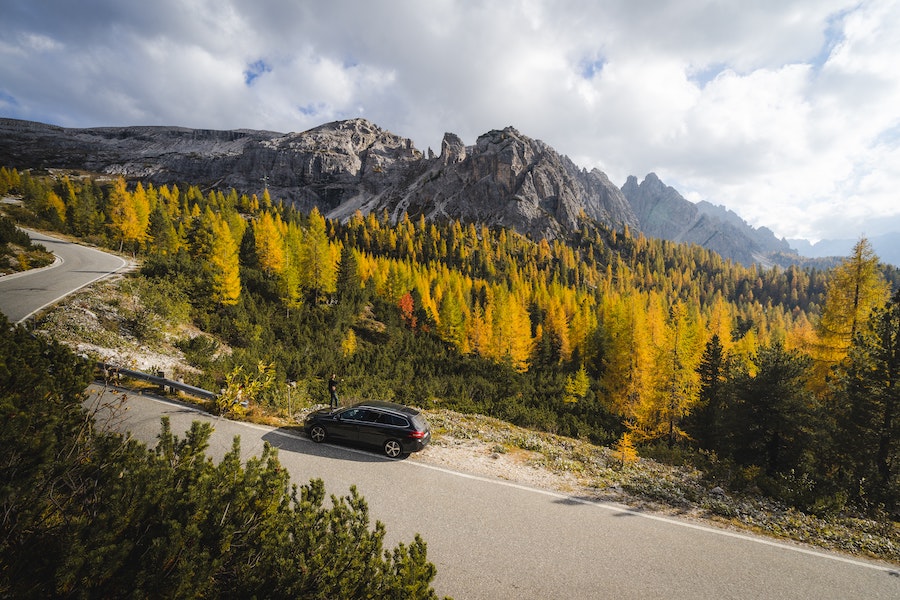





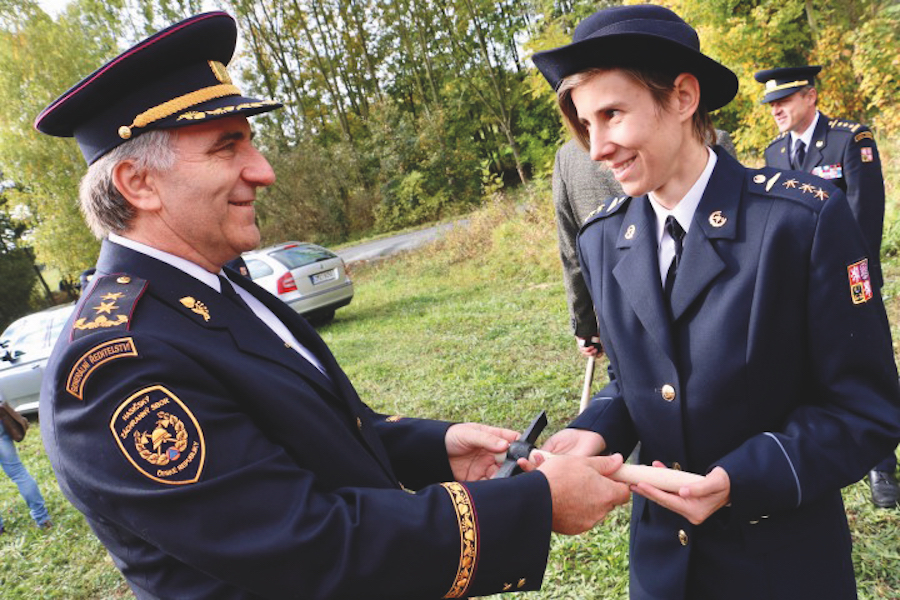
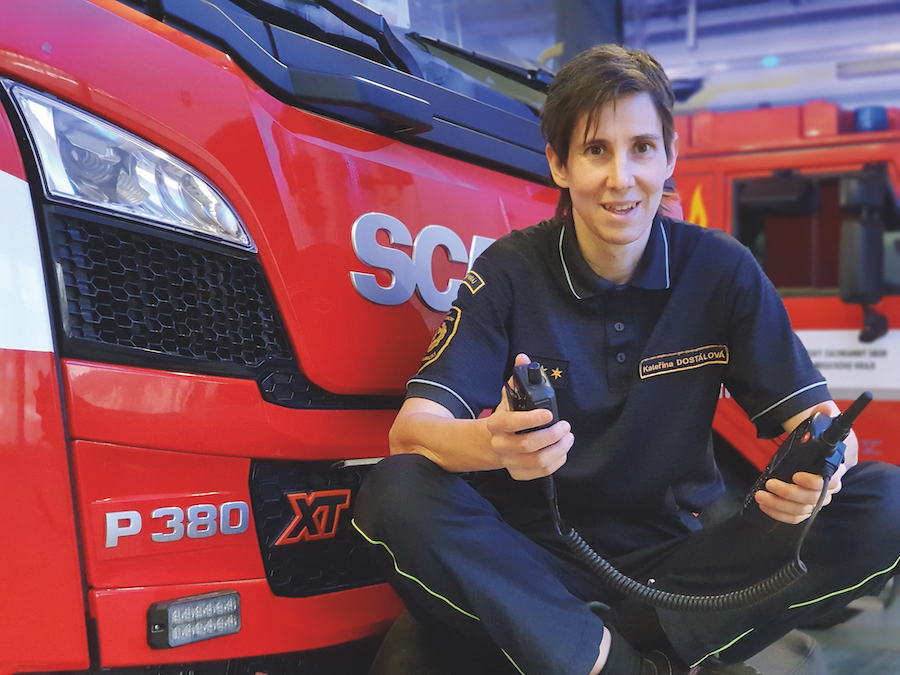

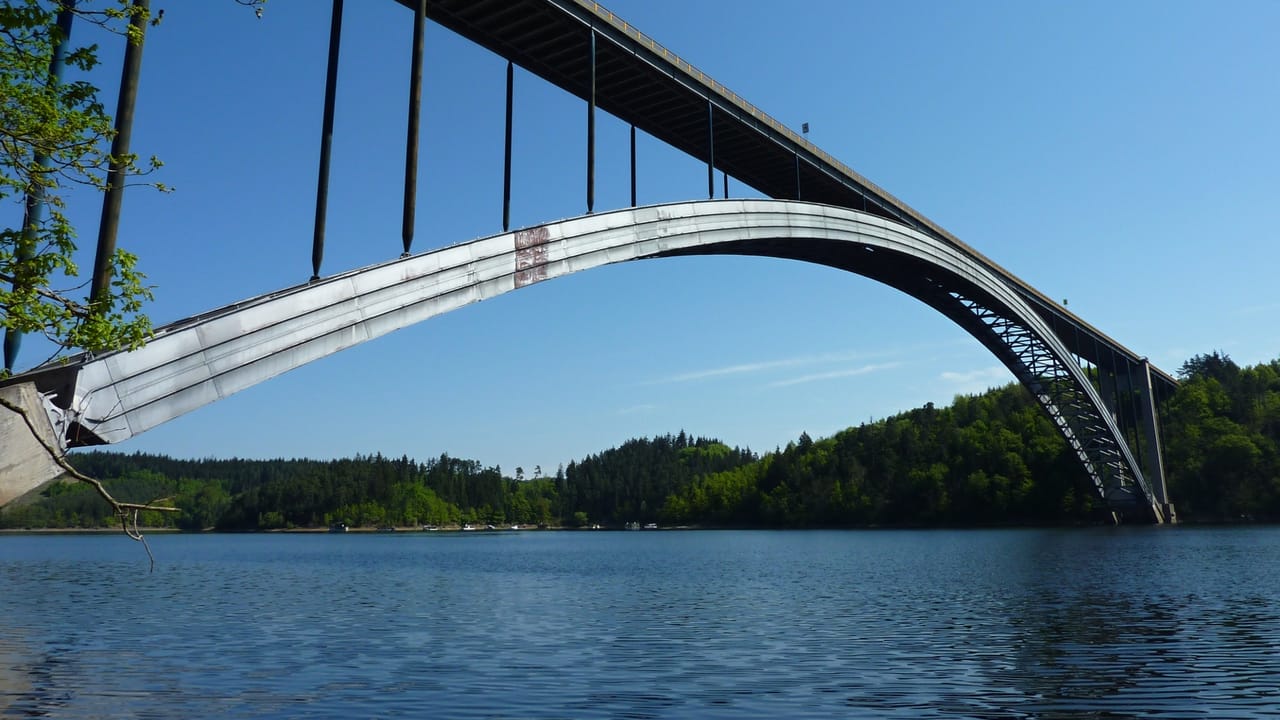
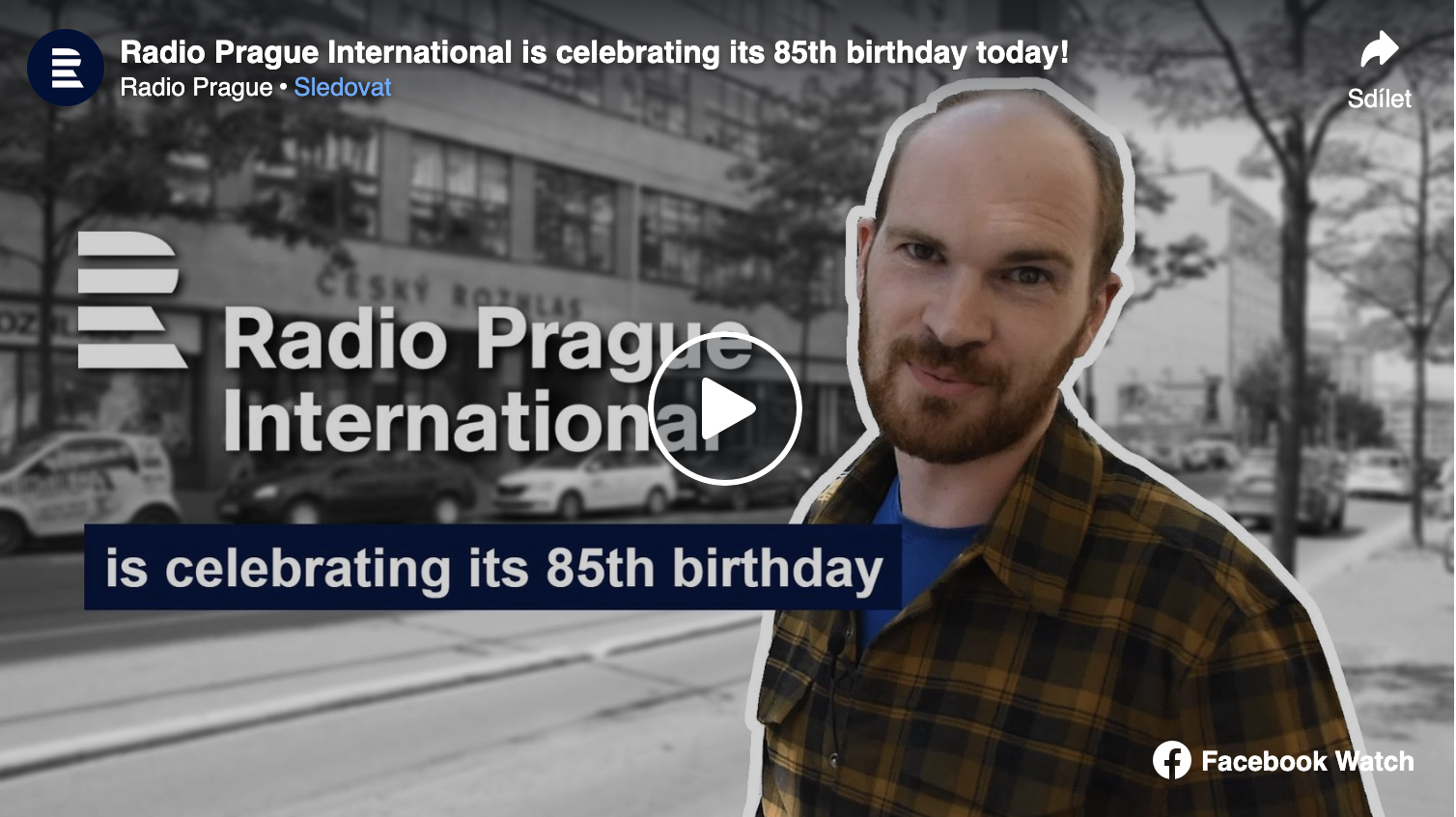
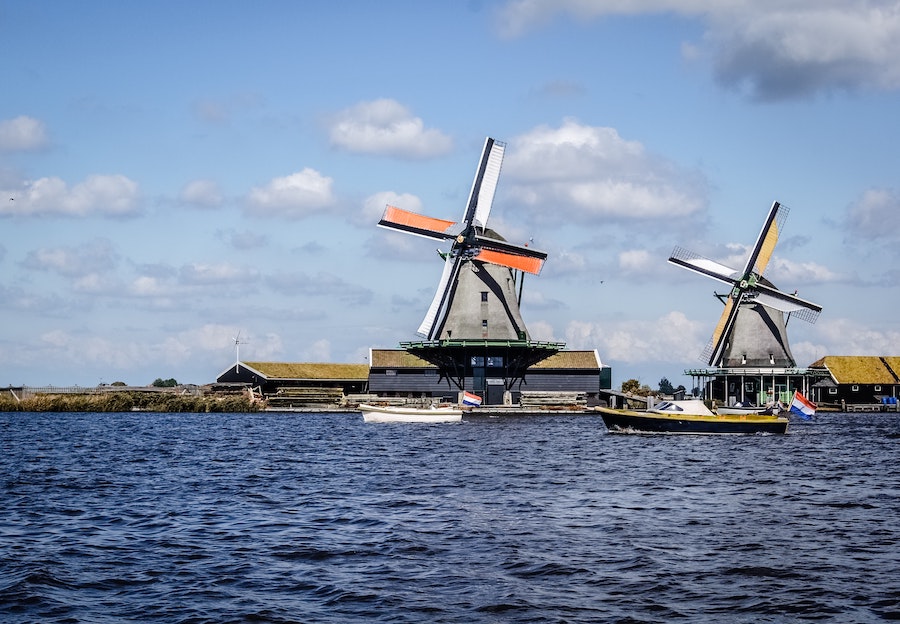




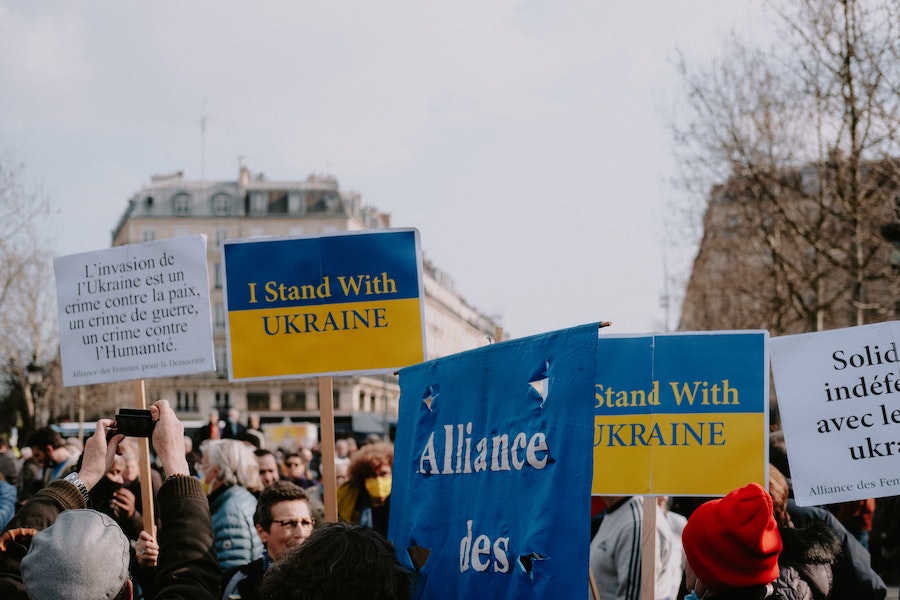

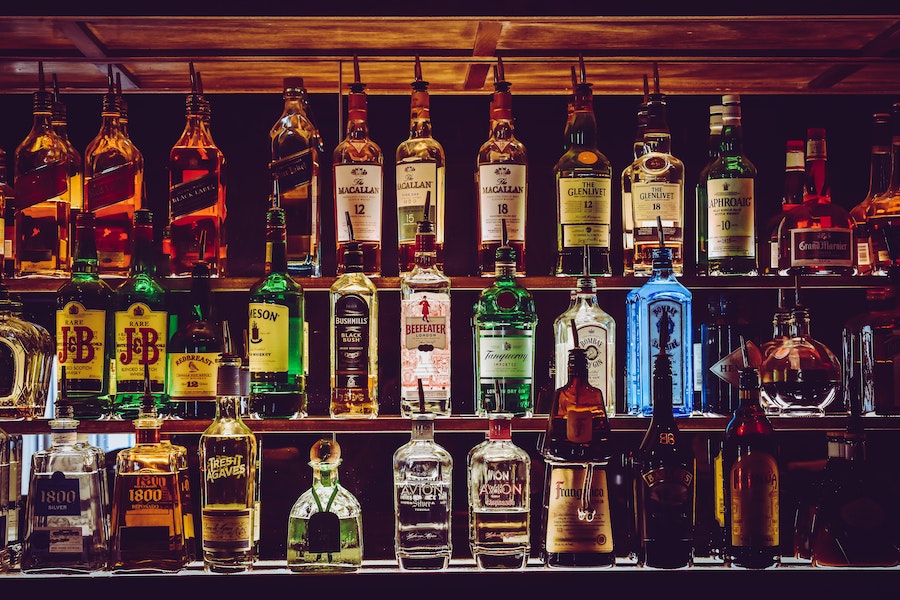

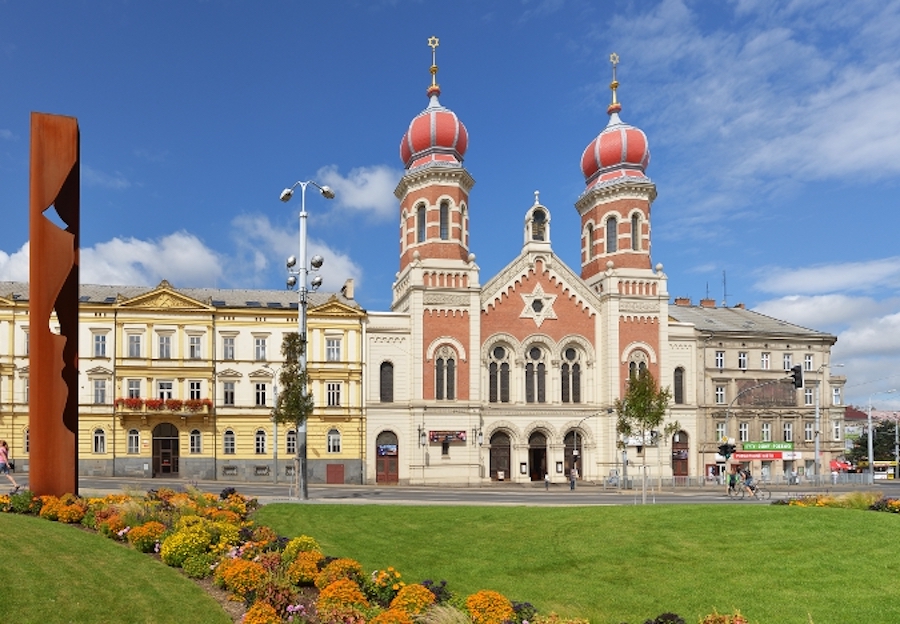



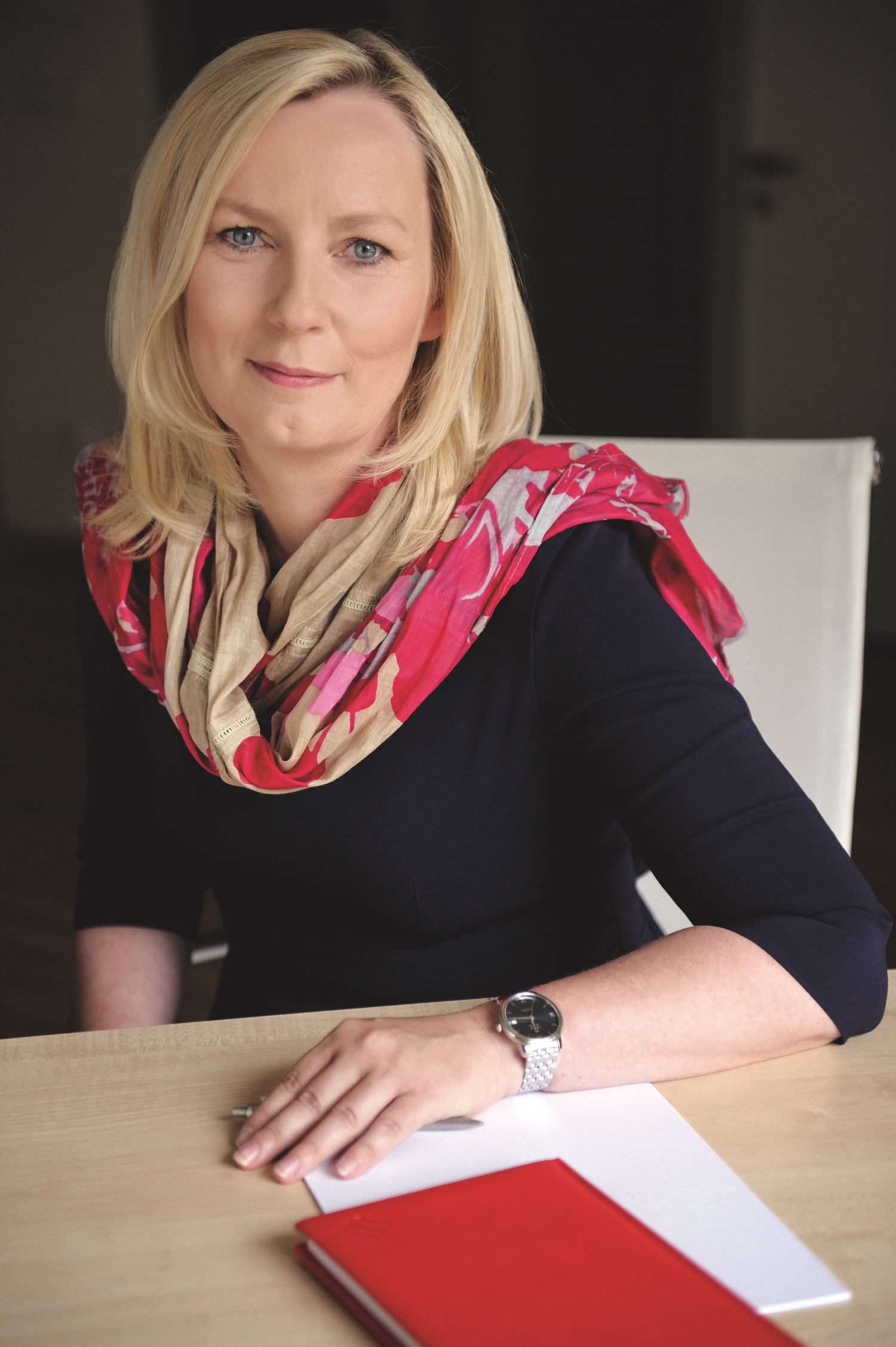
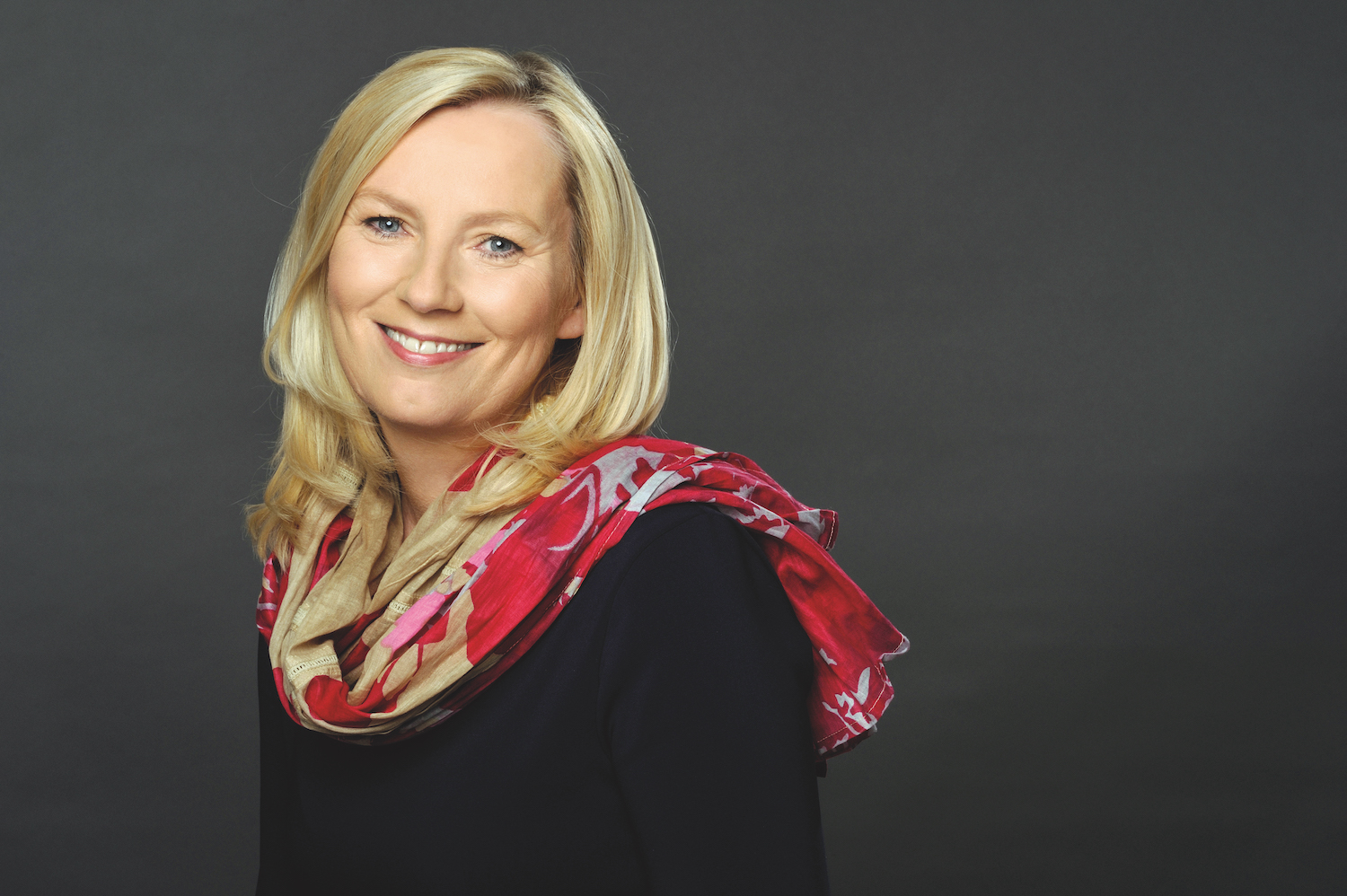

 About the author:
About the author:
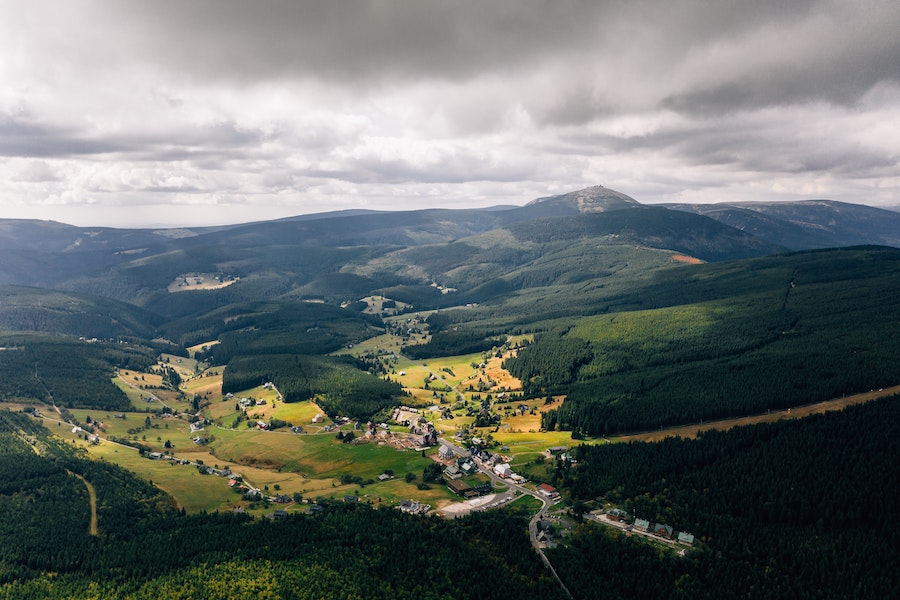
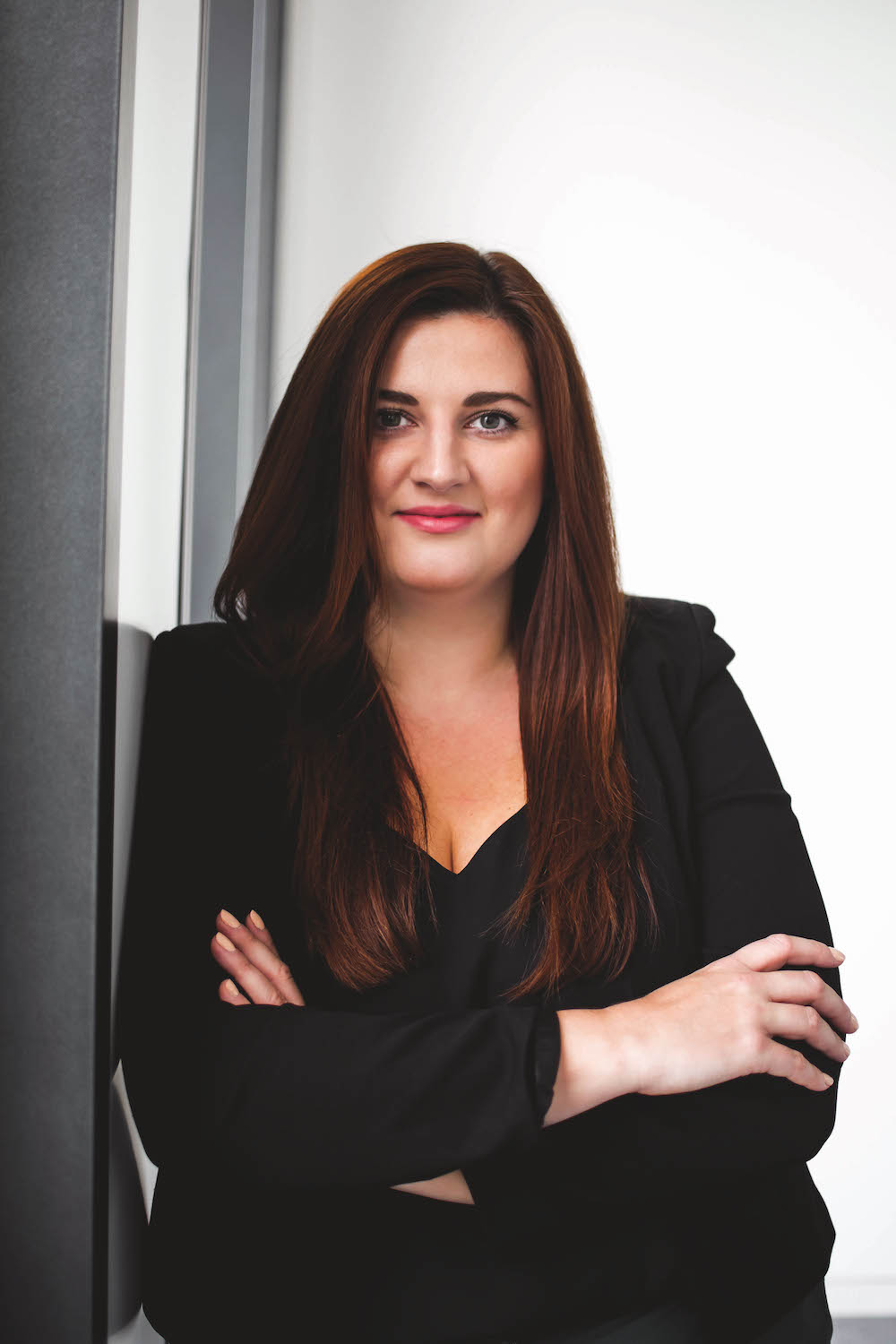
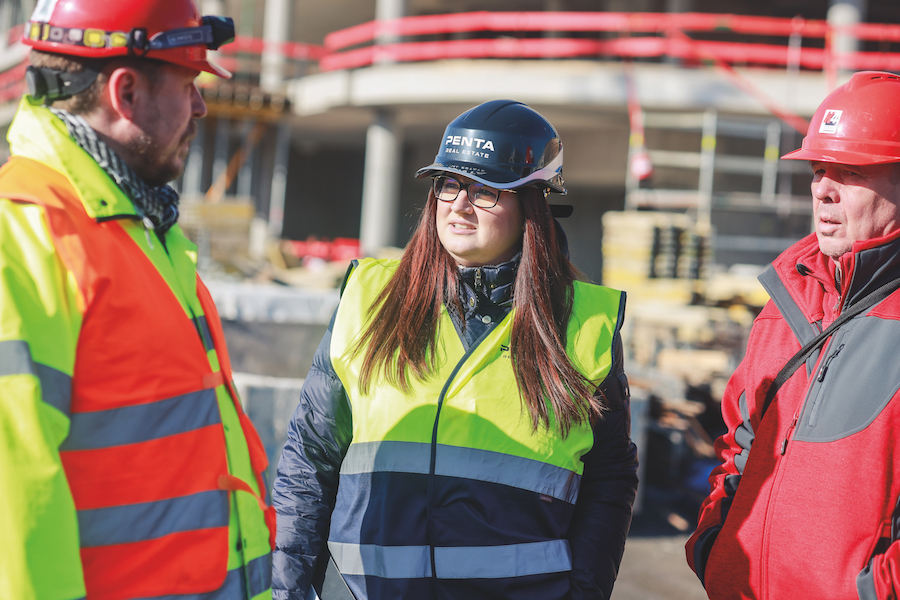

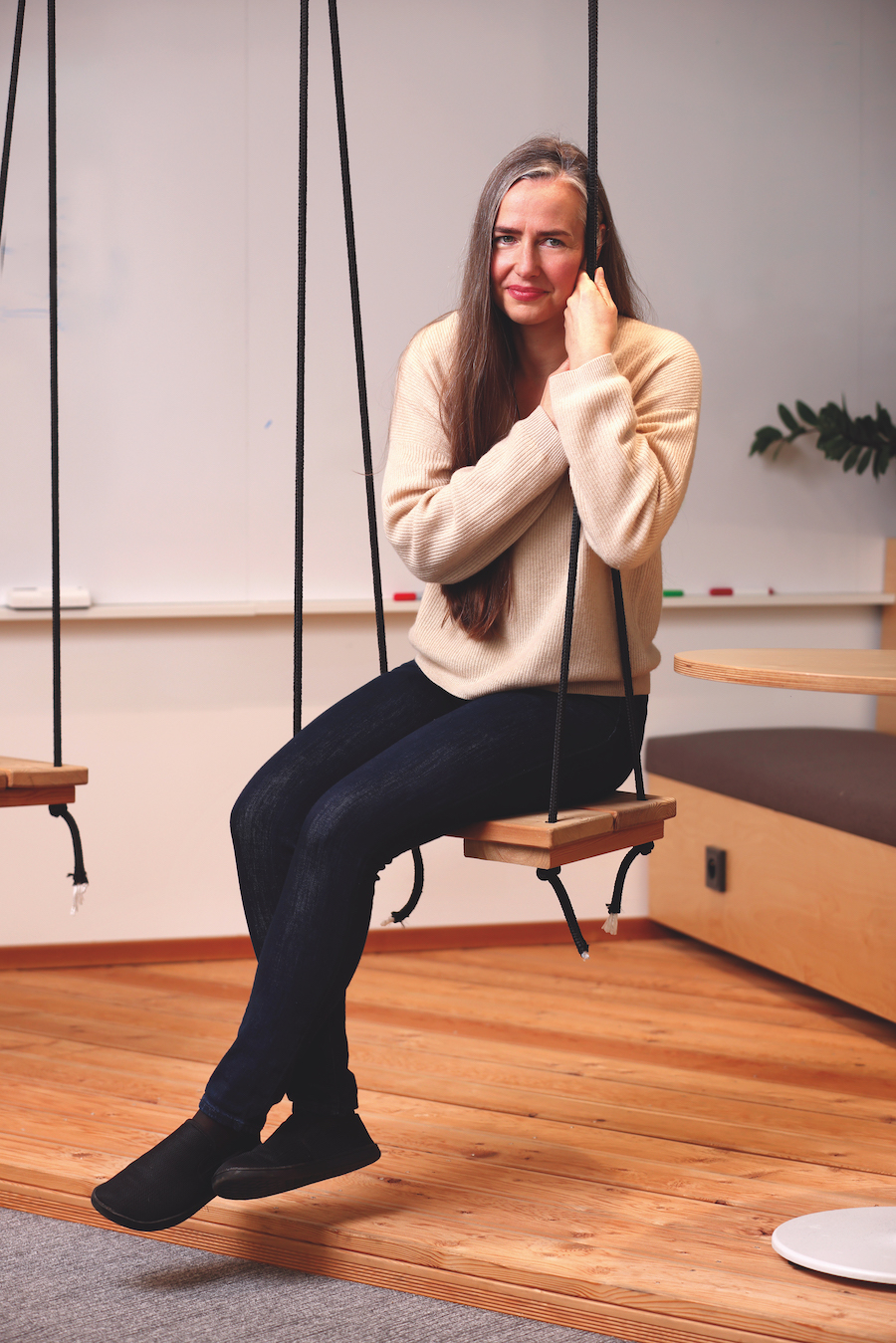
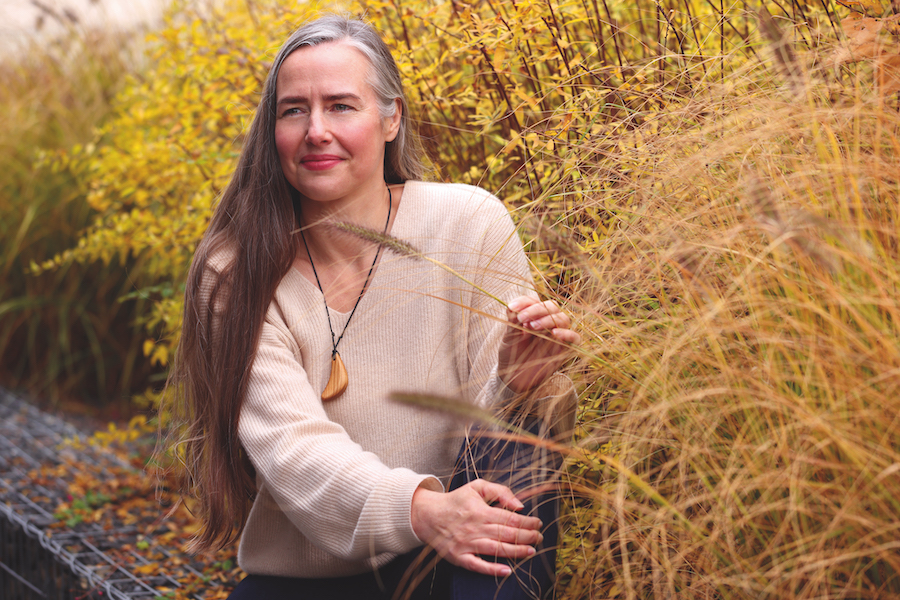
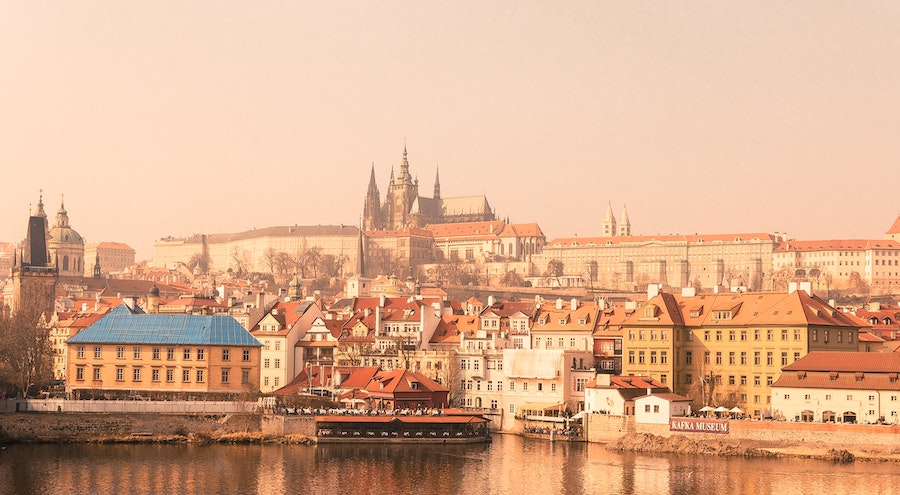
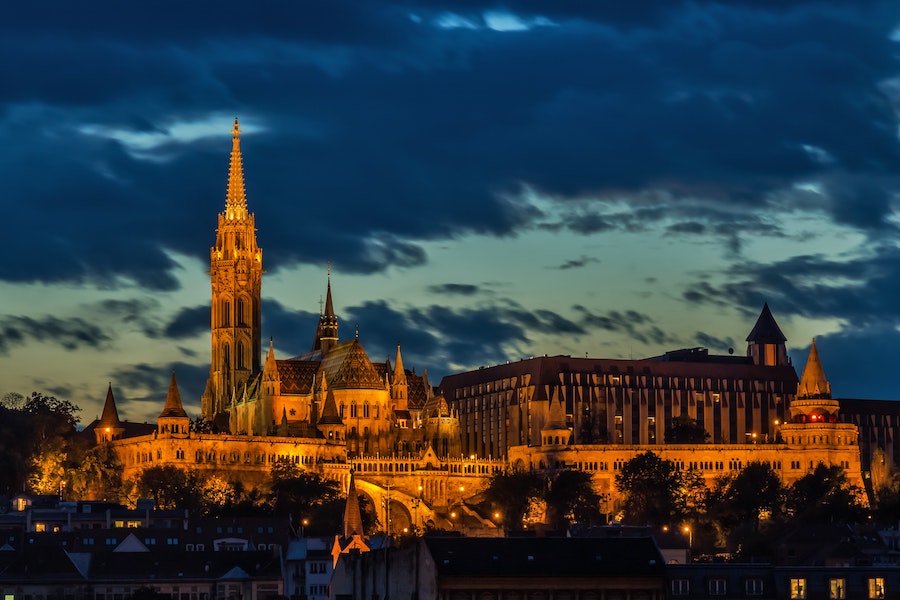


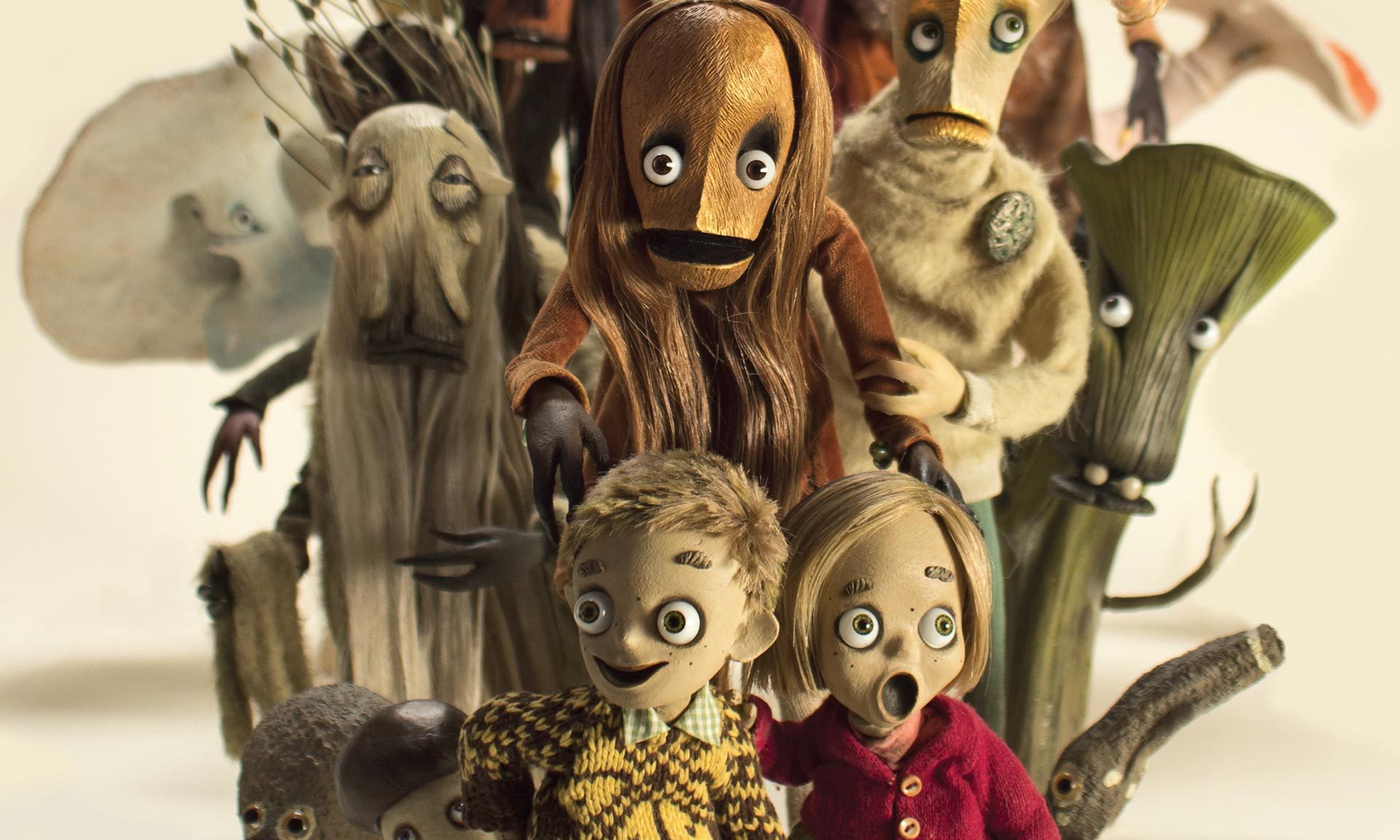



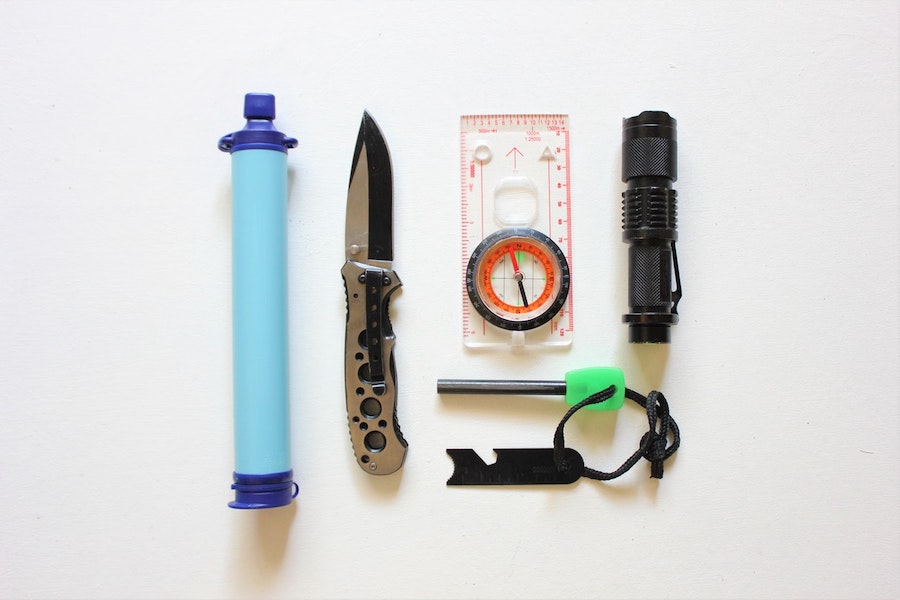

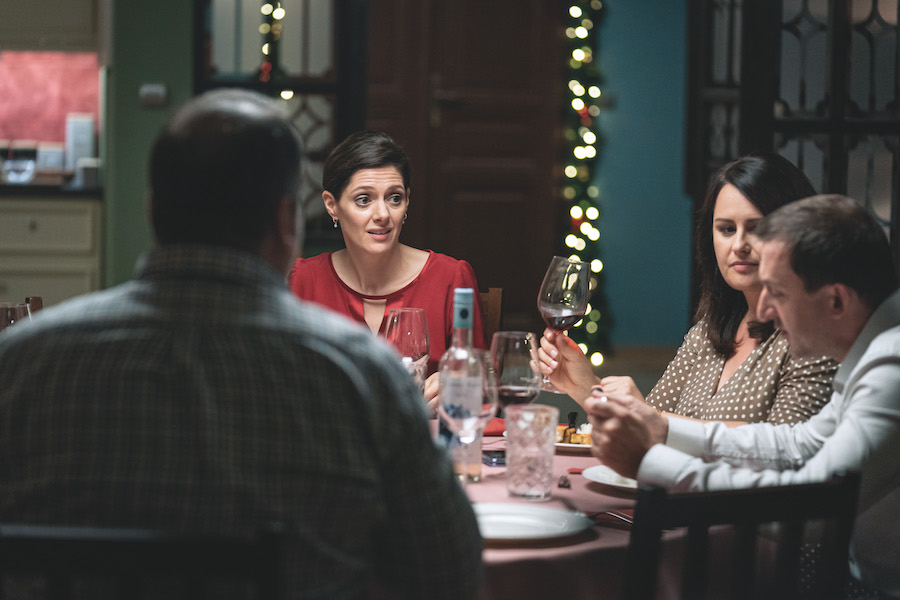
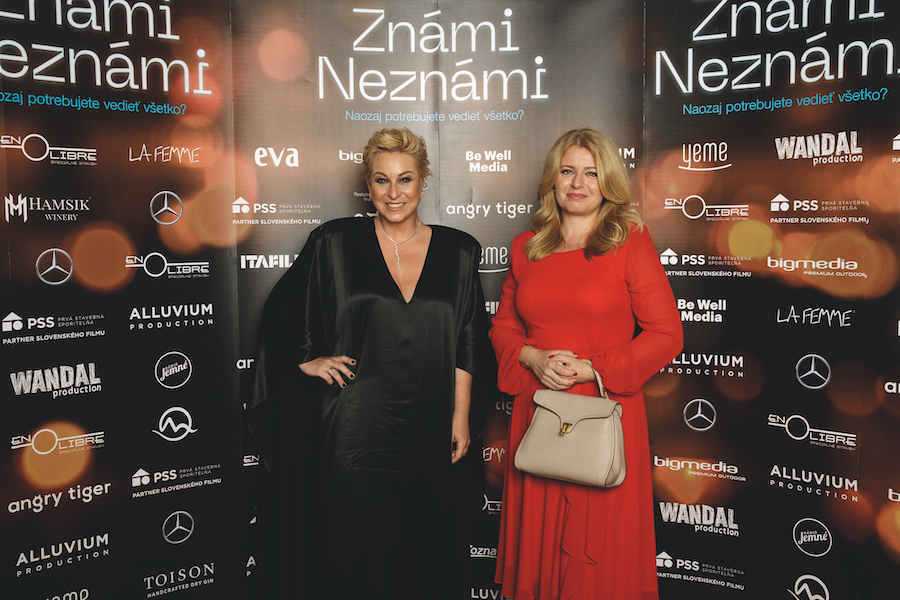
 One of your movies became the most successful Slovak film in history. What is your next step? The Oscars?
One of your movies became the most successful Slovak film in history. What is your next step? The Oscars?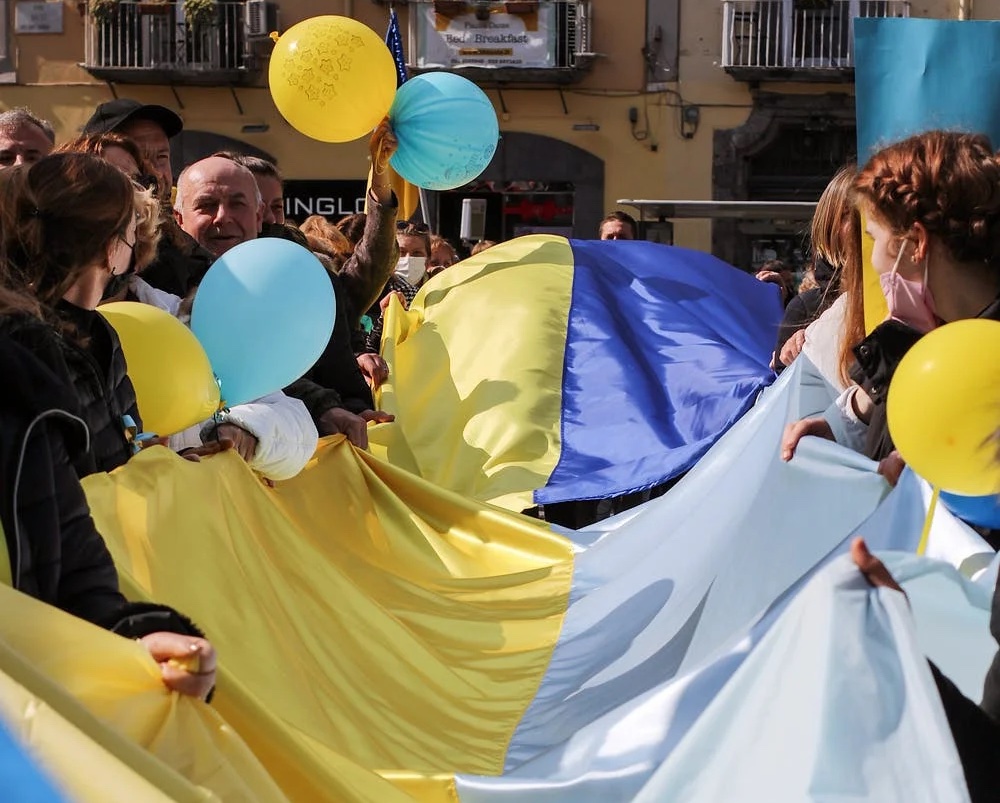
 Dr J Scott Younger, OBE, is a professional civil engineer; he spent 42 years in the Far East undertaking assignments in 10 countries for WB, ADB, UNDP. He published many papers; he was a columnist for Forbes Indonesia and Globe Asia. He served on British & European Chamber boards and was a Vice Chair of Int’l Business Chamber for 17 years. His expertise is infrastructure and sustainable development and he takes an interest in international affairs. He is an International Chancellor of the President University, Indonesia. He is a member of IFIMES Advisory Board. Lived and worked in Thailand from 1978 to 1983 and visited Burma, Bangladesh and Nepal for projects.
Dr J Scott Younger, OBE, is a professional civil engineer; he spent 42 years in the Far East undertaking assignments in 10 countries for WB, ADB, UNDP. He published many papers; he was a columnist for Forbes Indonesia and Globe Asia. He served on British & European Chamber boards and was a Vice Chair of Int’l Business Chamber for 17 years. His expertise is infrastructure and sustainable development and he takes an interest in international affairs. He is an International Chancellor of the President University, Indonesia. He is a member of IFIMES Advisory Board. Lived and worked in Thailand from 1978 to 1983 and visited Burma, Bangladesh and Nepal for projects.






 Dr J Scott Younger, OBE, is a professional civil engineer; he spent 42 years in the Far East undertaking assignments in 10 countries for WB, ADB, UNDP. He published many papers; he was a columnist for Forbes Indonesia and Globe Asia. He served on British & European Chamber boards and was a Vice Chair of Int’l Business Chamber for 17 years. His expertise is infrastructure and sustainable development and he takes an interest in international affairs. He is an International Chancellor of the President University, Indonesia. He is a member of IFIMES Advisory Board. Lived and worked in Thailand from 1978 to 1983 and visited Burma, Bangladesh and Nepal for projects.
Dr J Scott Younger, OBE, is a professional civil engineer; he spent 42 years in the Far East undertaking assignments in 10 countries for WB, ADB, UNDP. He published many papers; he was a columnist for Forbes Indonesia and Globe Asia. He served on British & European Chamber boards and was a Vice Chair of Int’l Business Chamber for 17 years. His expertise is infrastructure and sustainable development and he takes an interest in international affairs. He is an International Chancellor of the President University, Indonesia. He is a member of IFIMES Advisory Board. Lived and worked in Thailand from 1978 to 1983 and visited Burma, Bangladesh and Nepal for projects.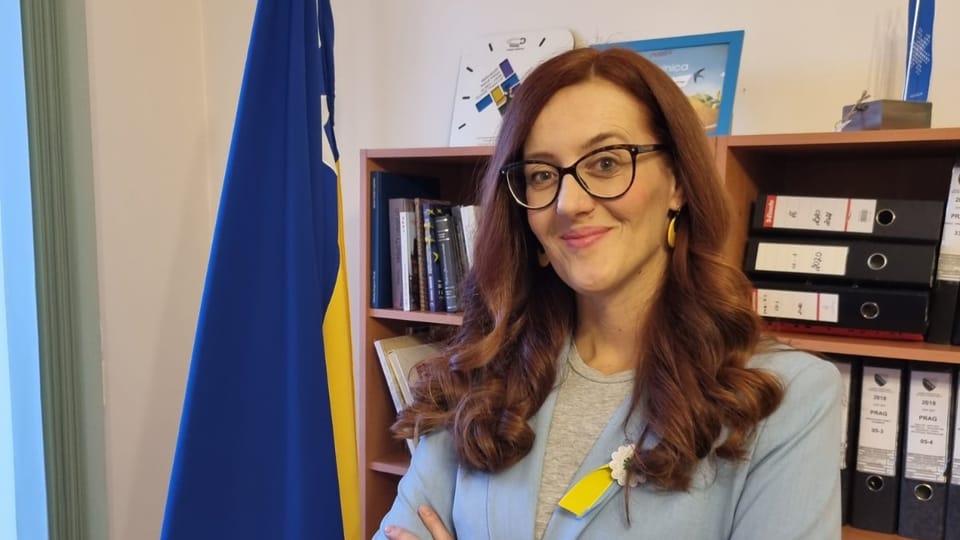
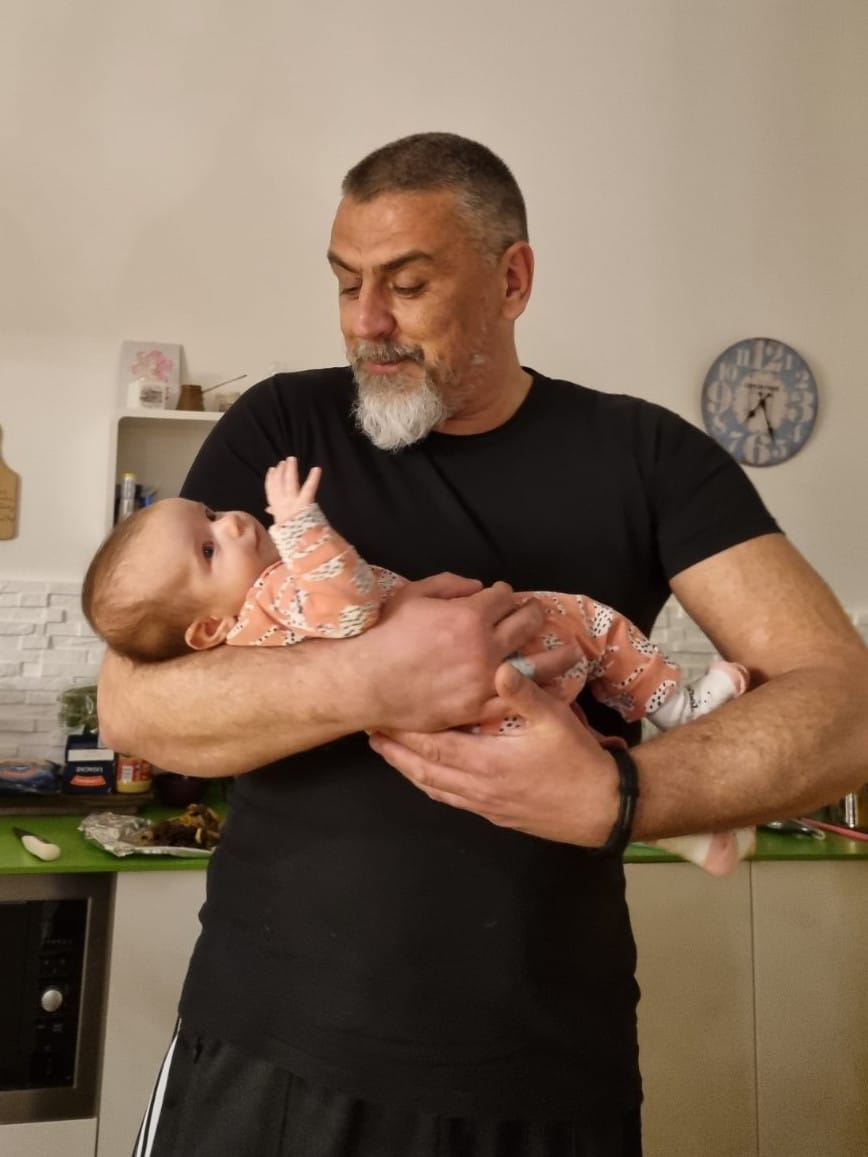
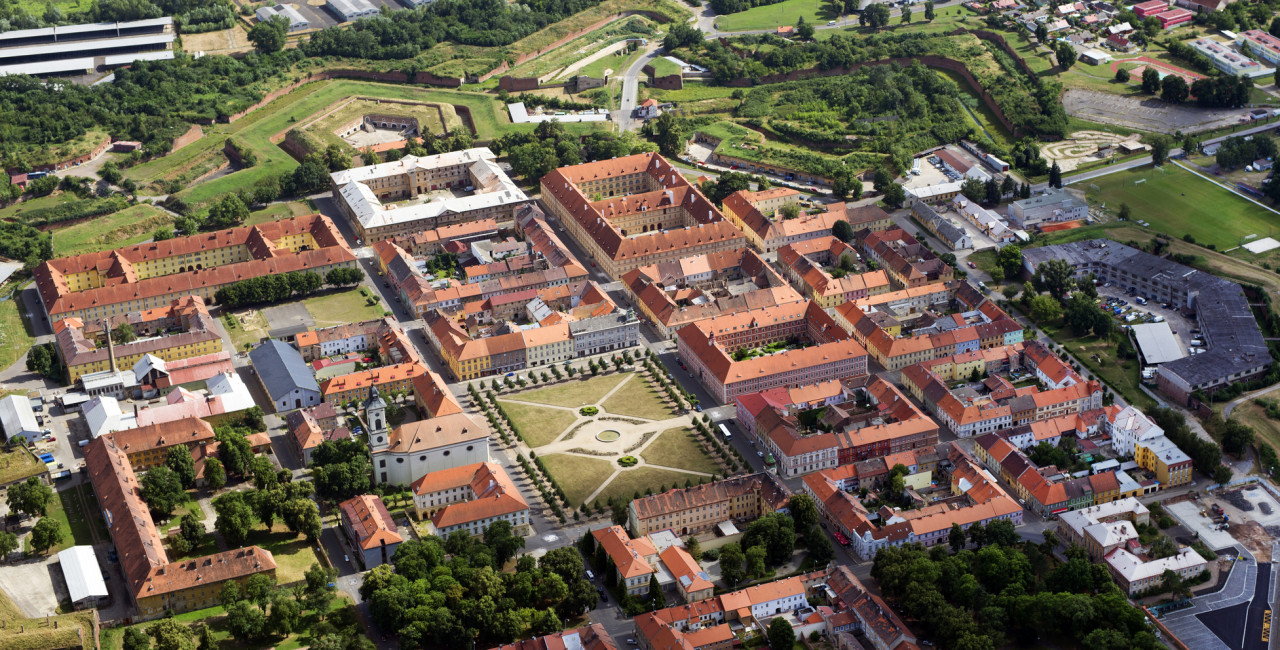

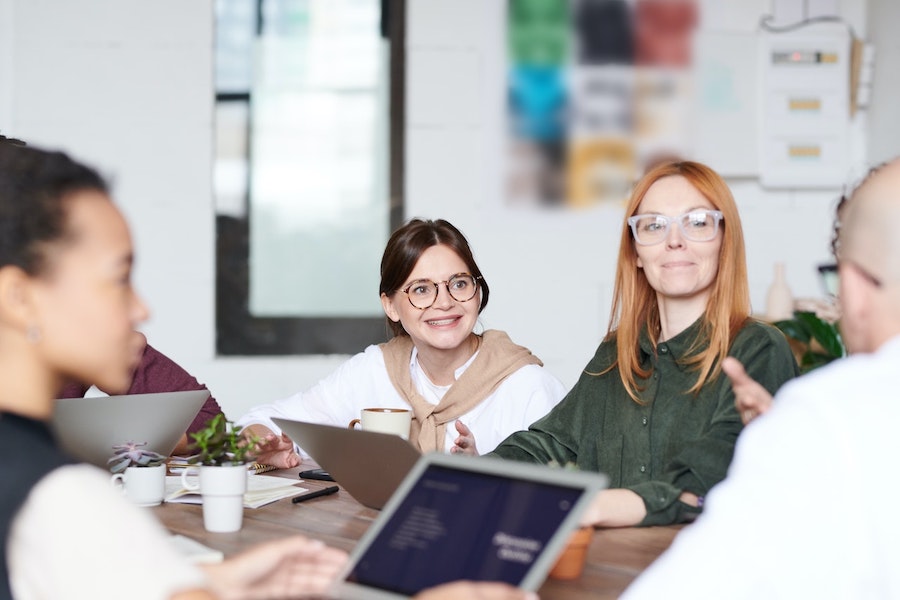

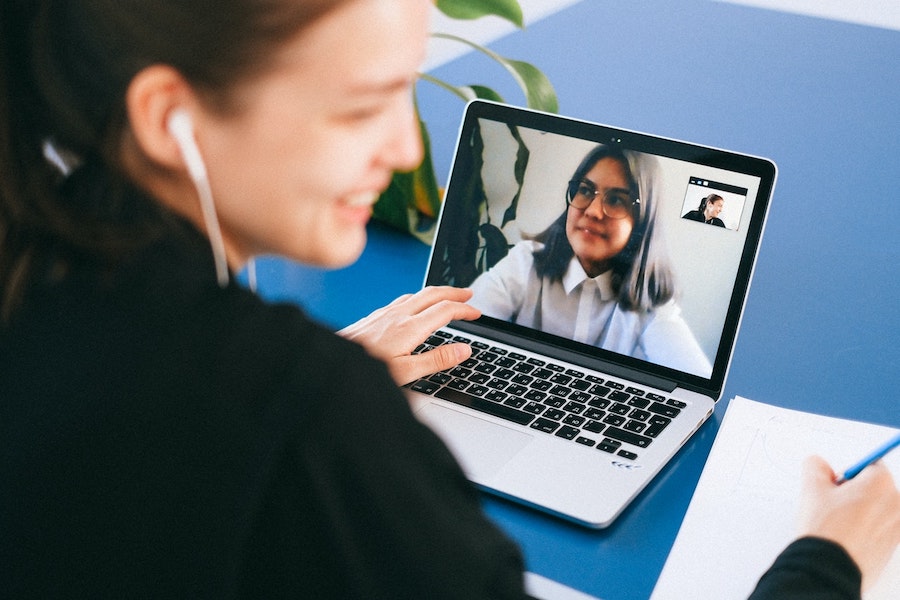

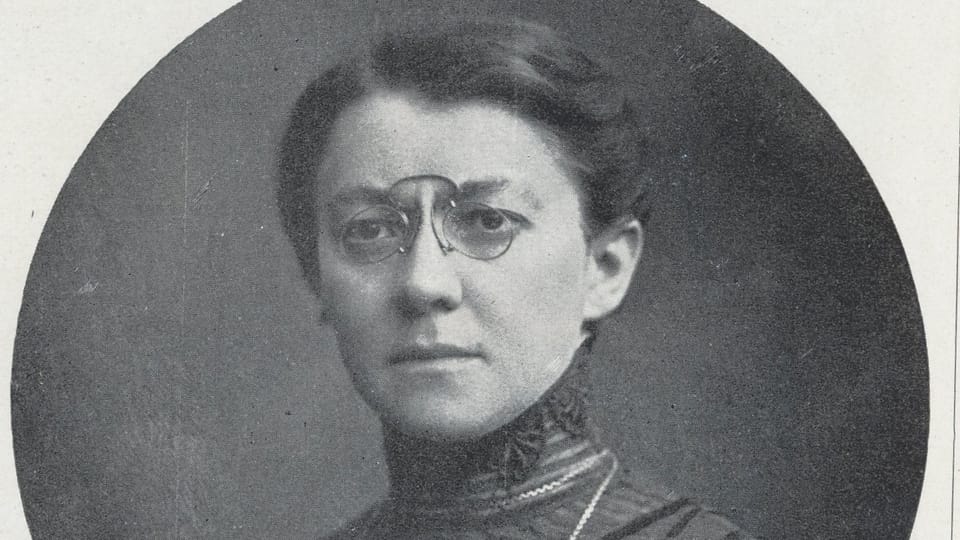
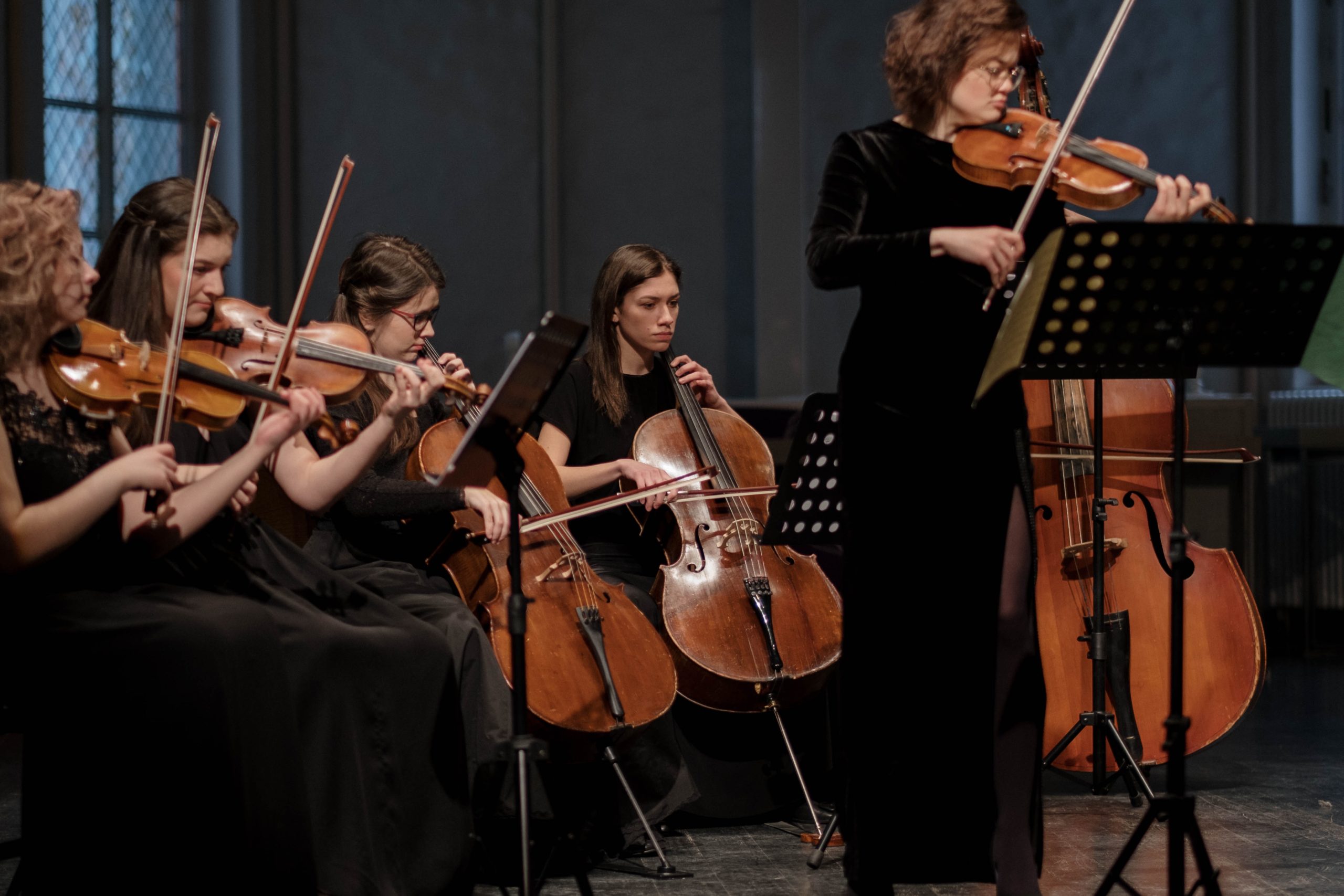


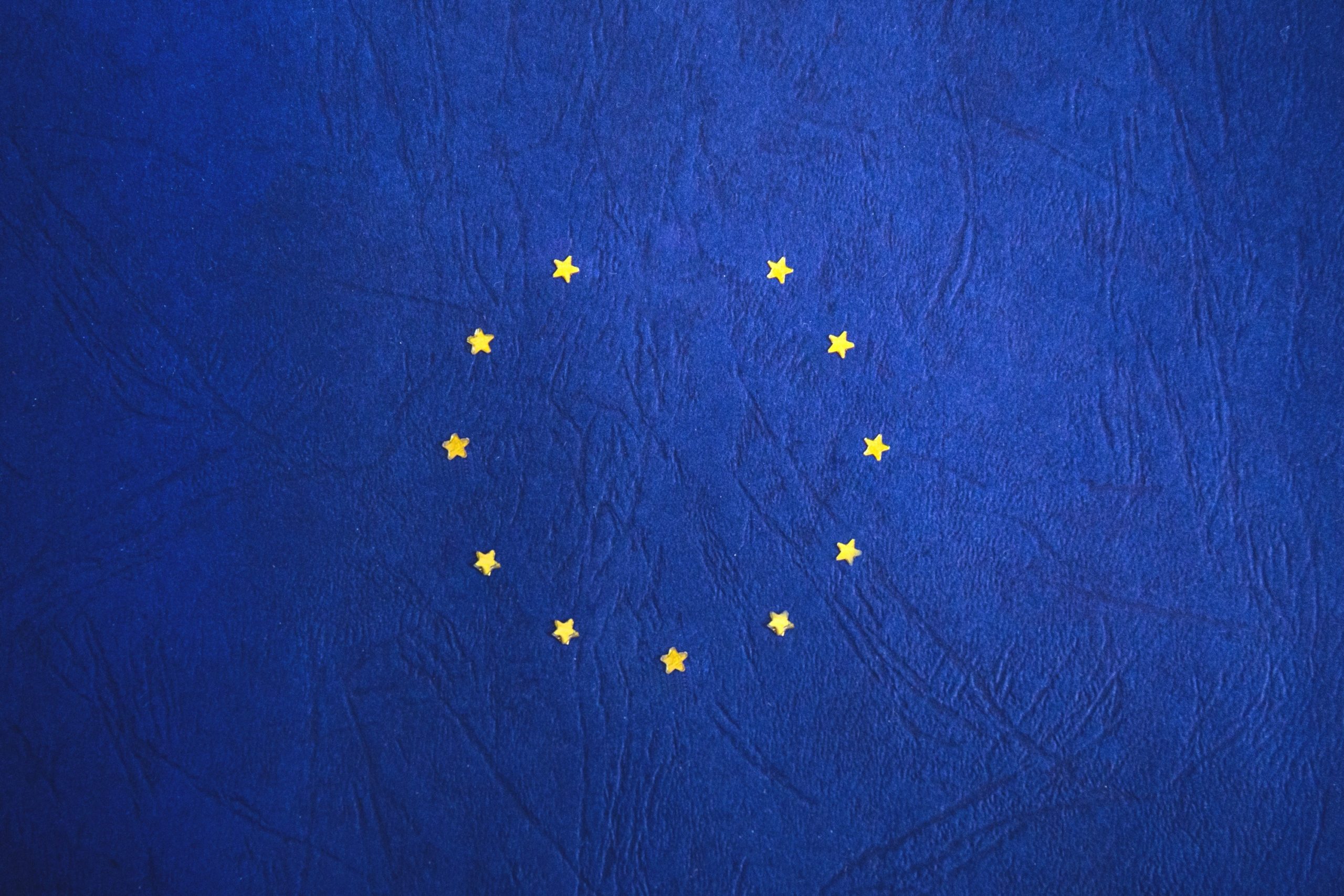


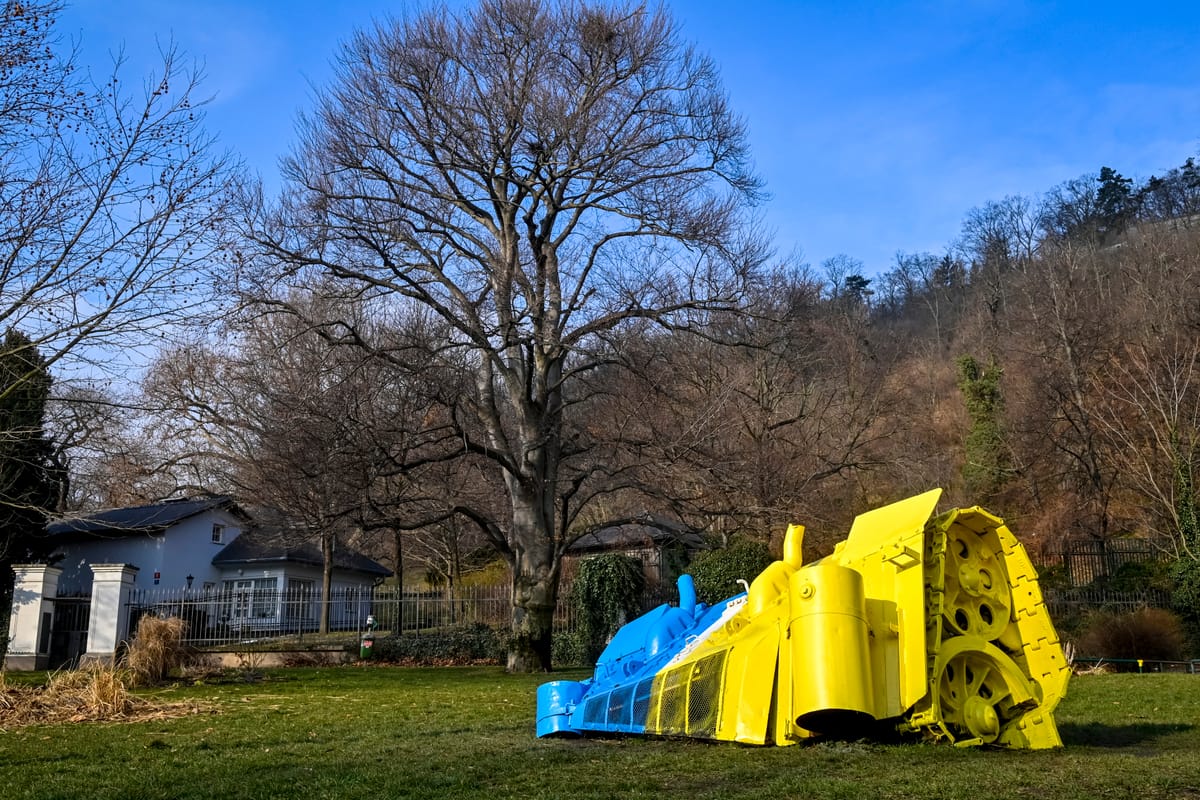
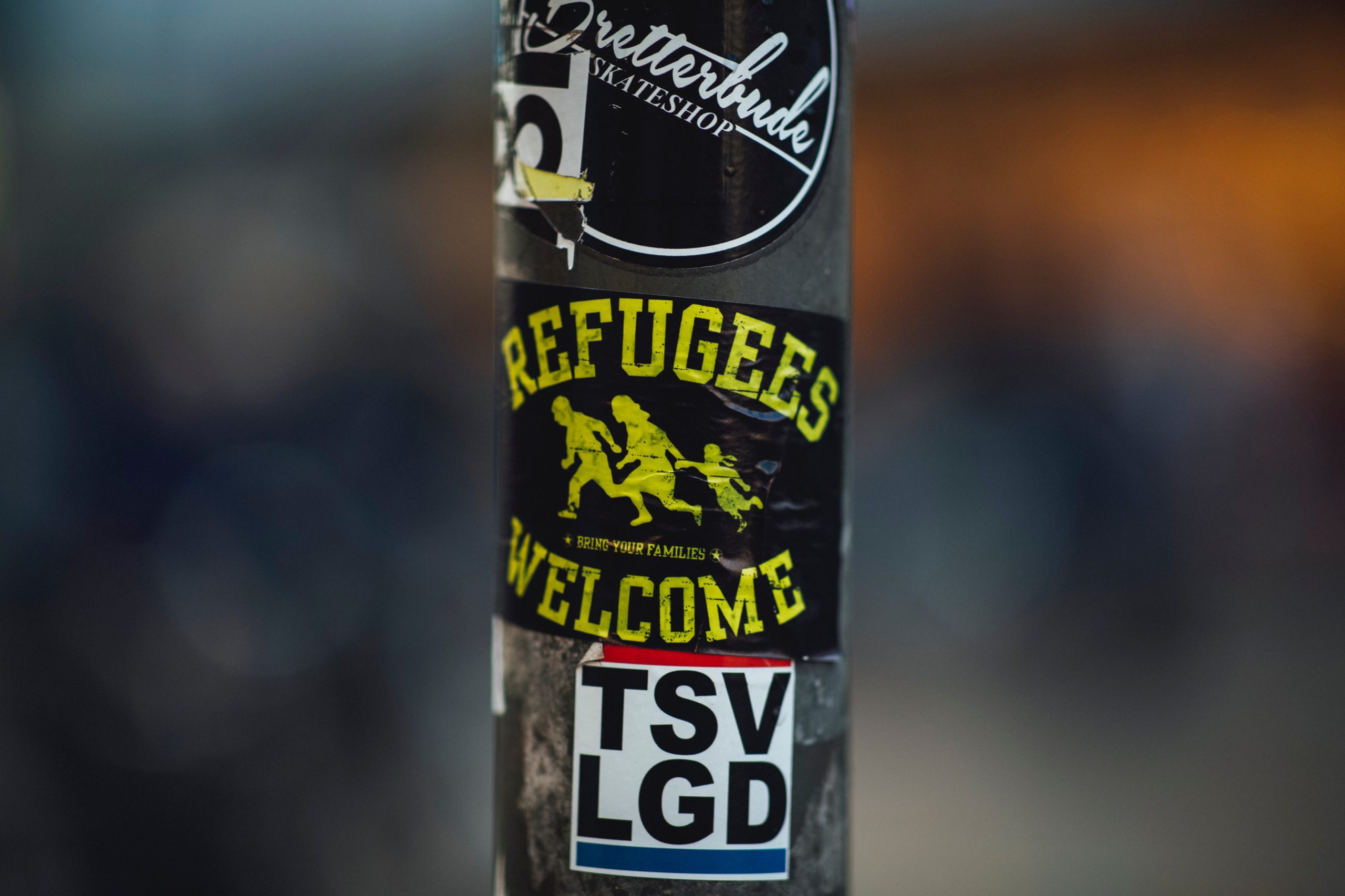
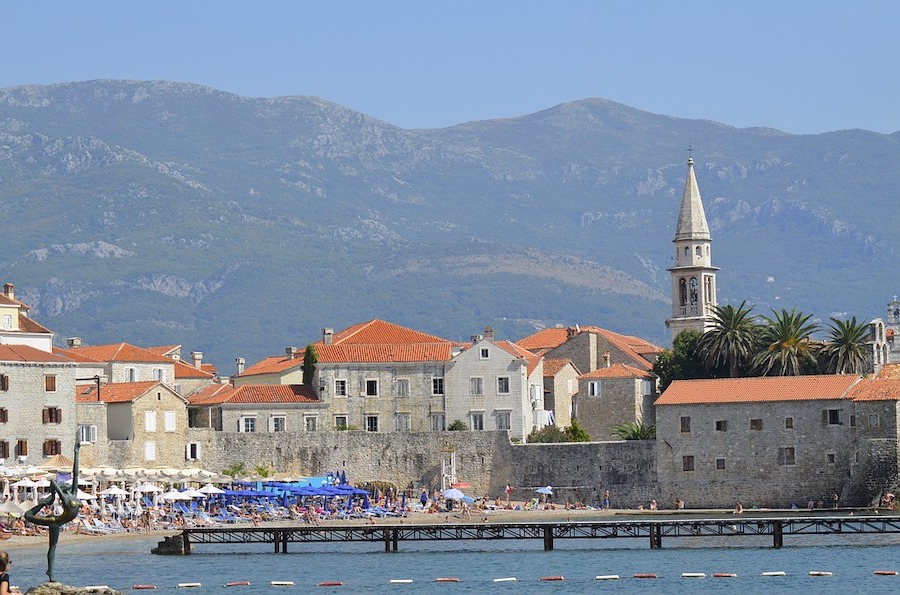
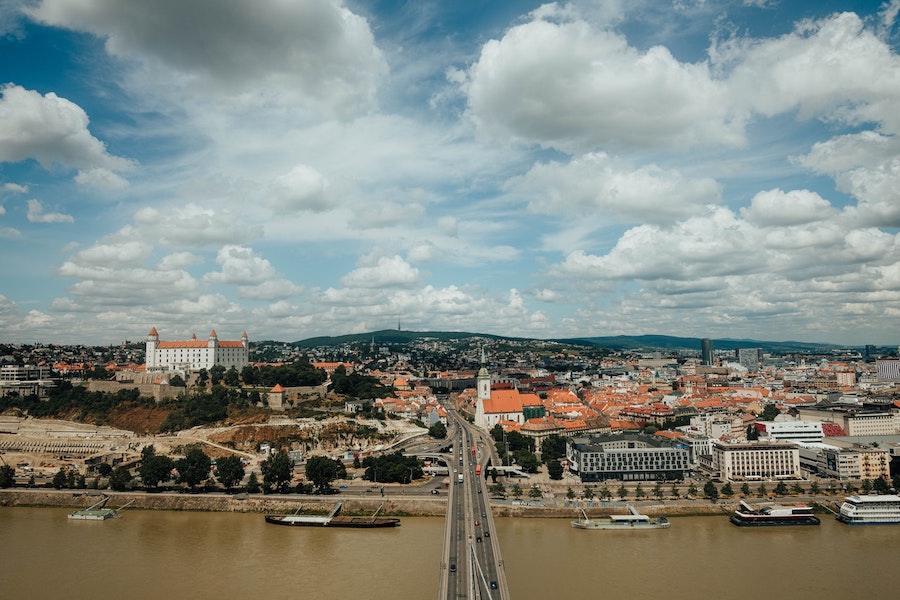
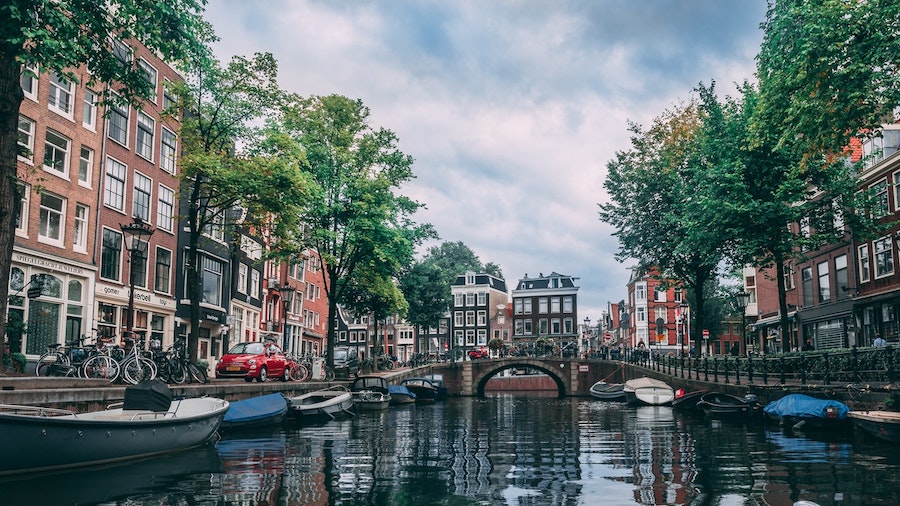
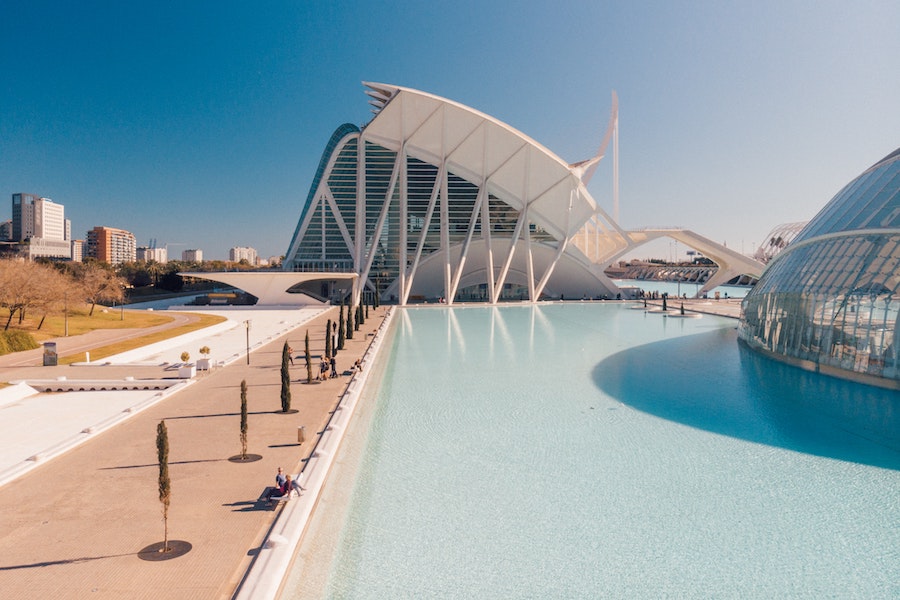
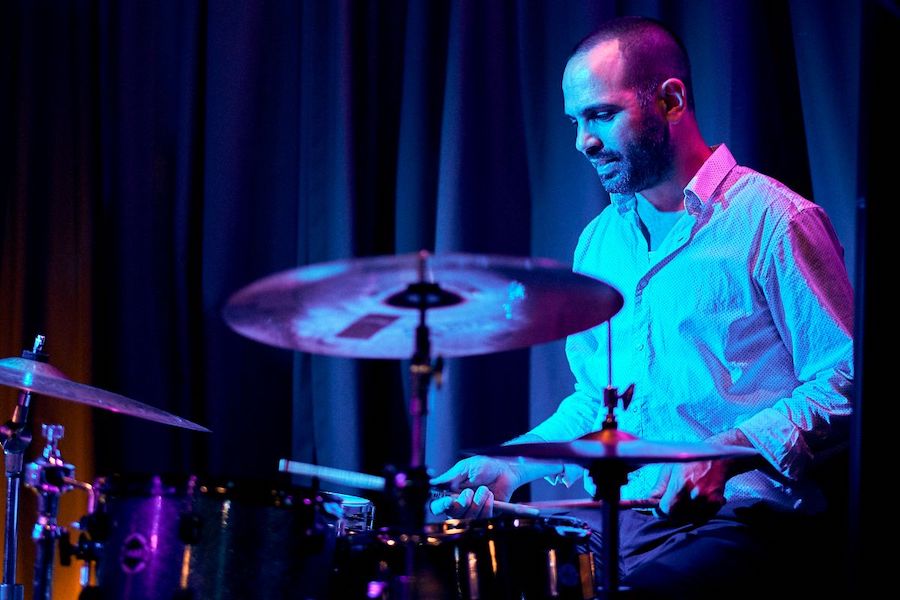
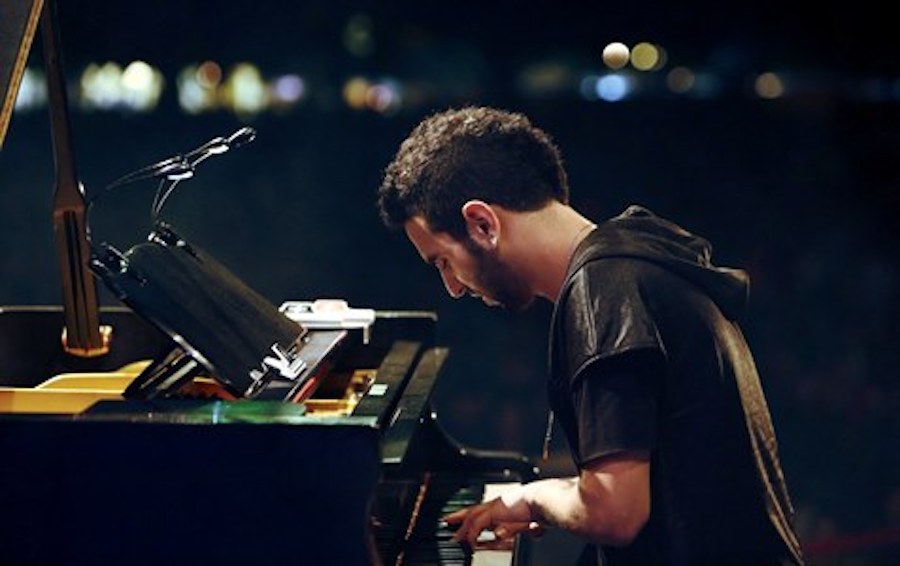


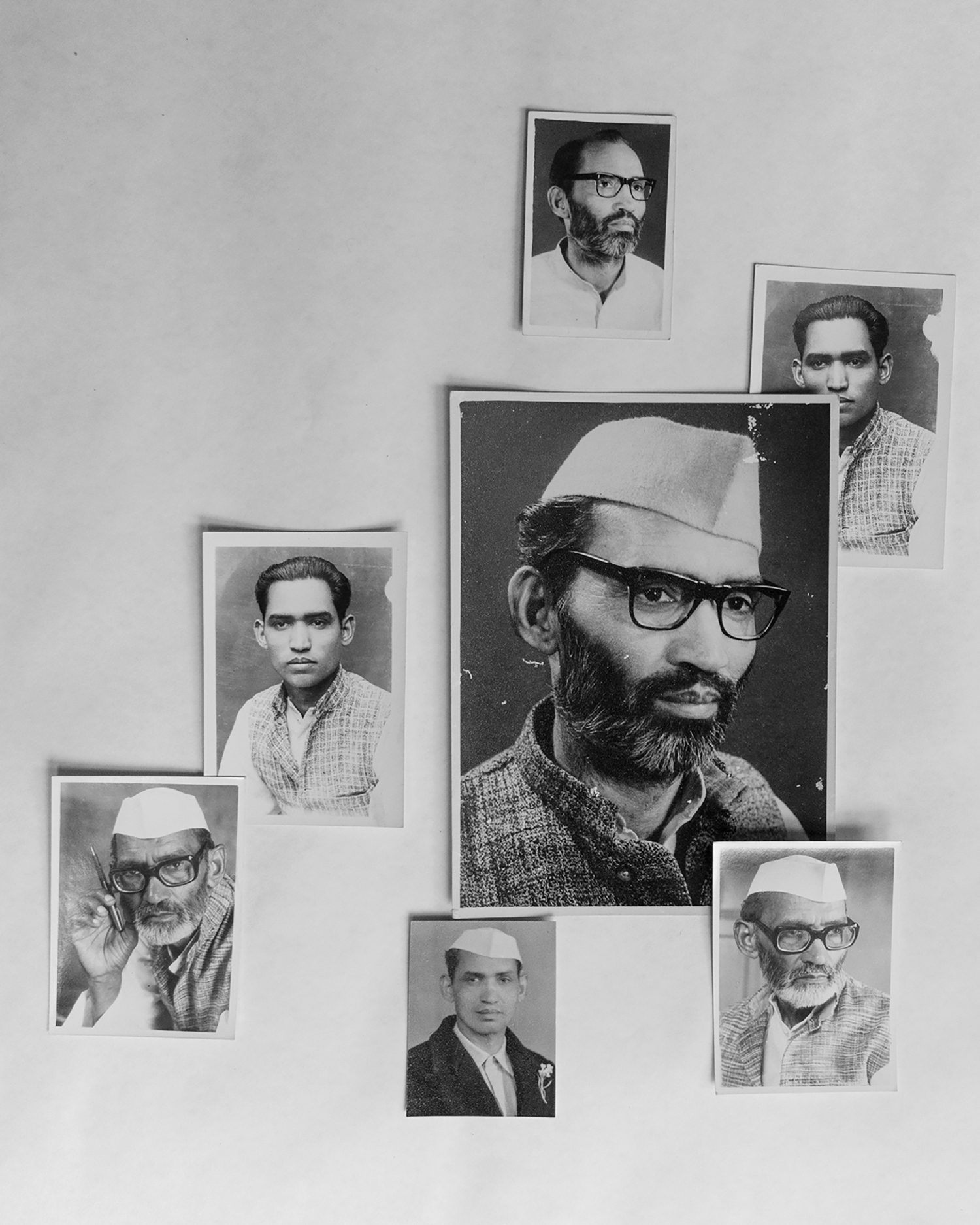
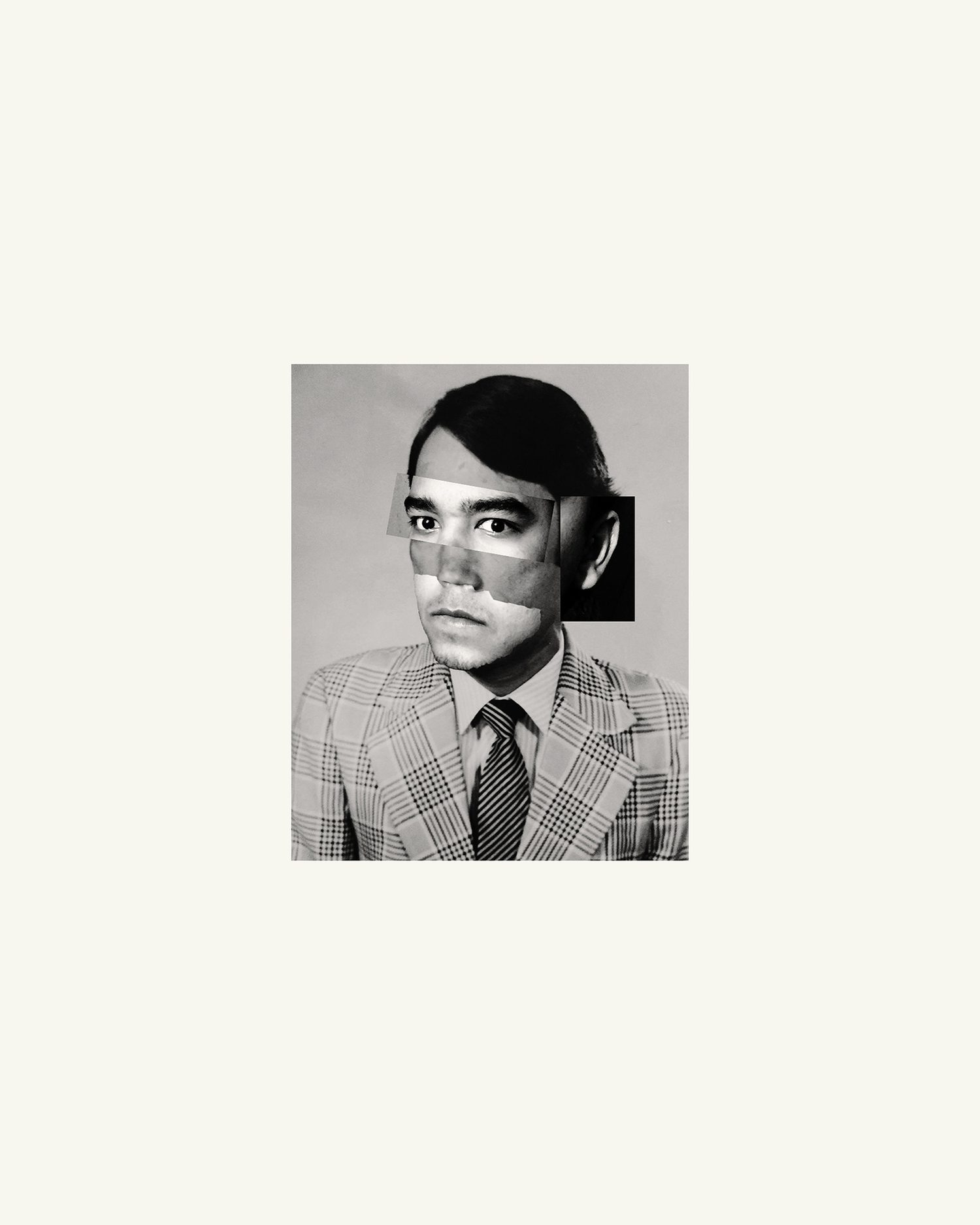
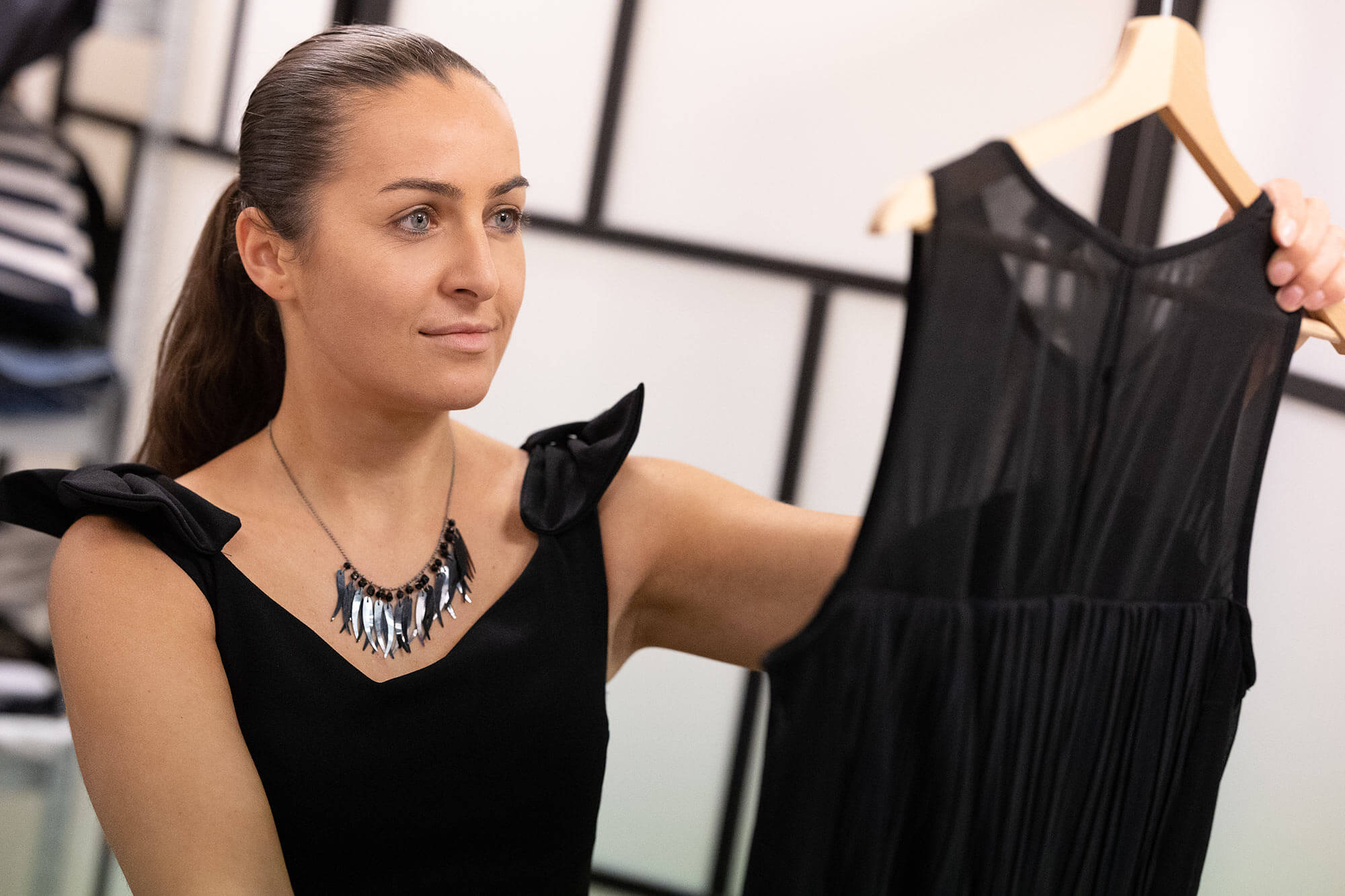


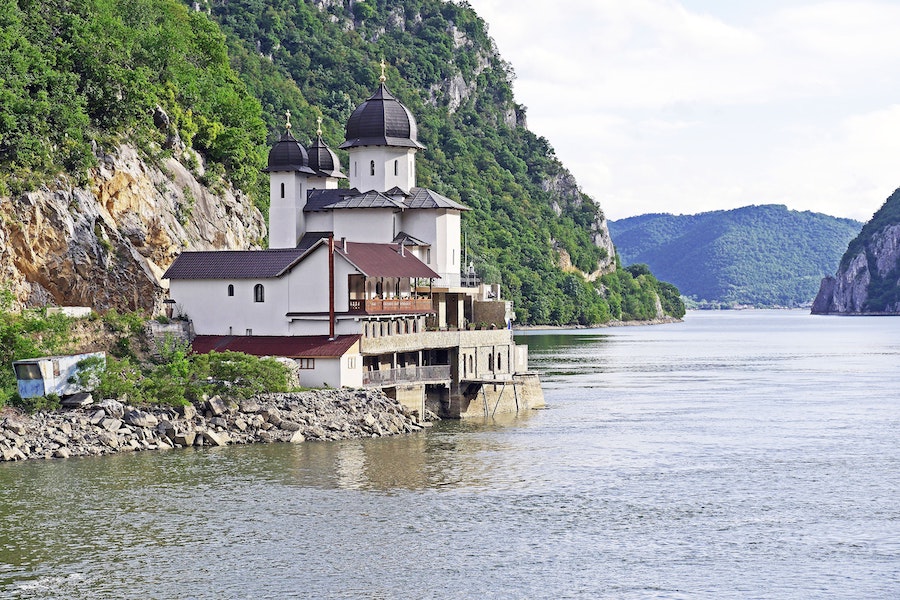
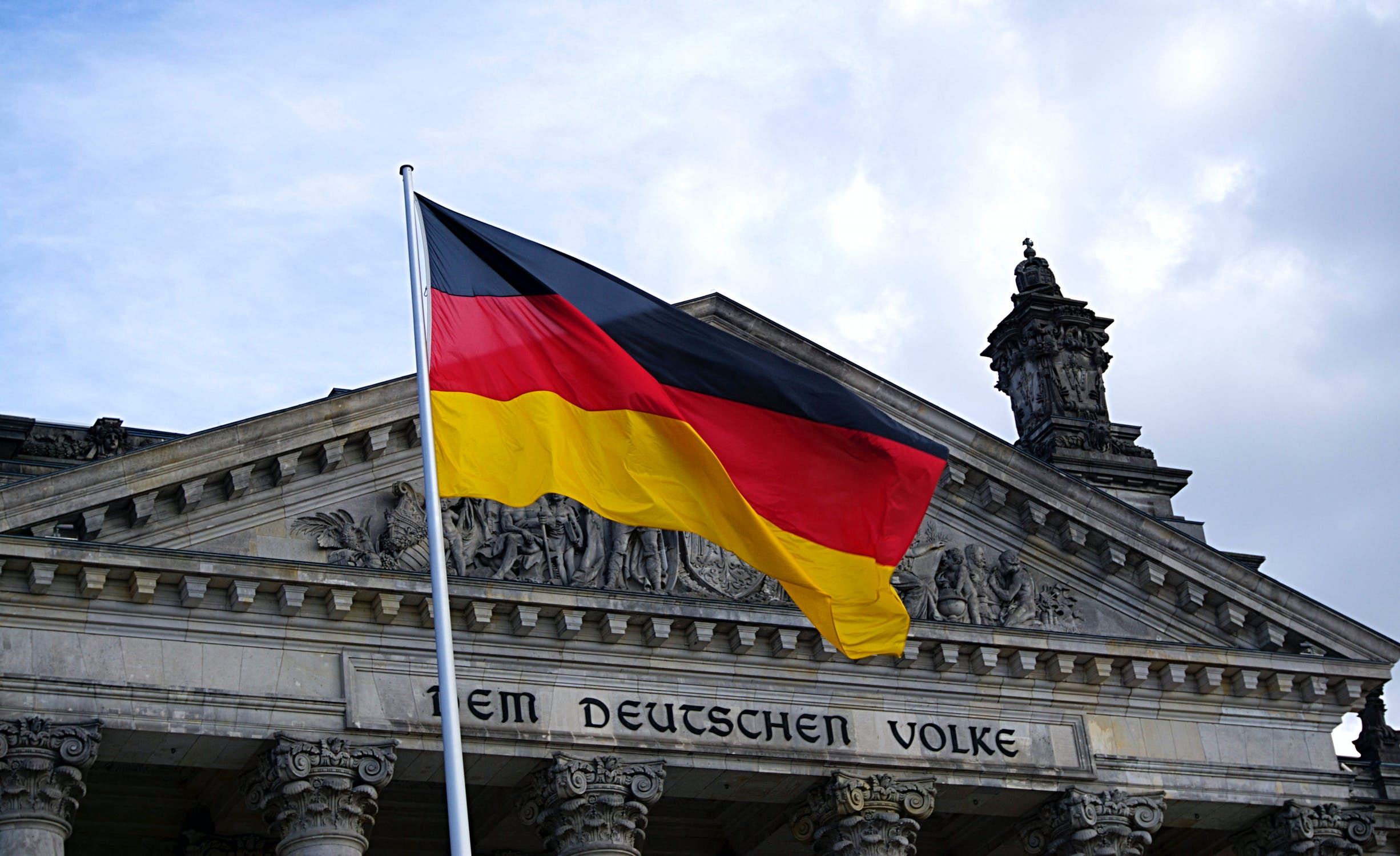
 Dr. Milan Jazbec is a Slovene diplomat, professor of diplomacy, poet and writer, employed at the Slovene Ministry of Foreign Affairs, and member of the first generation of Slovene diplomats. He was Ambassador to North Macedonia (2016-2020) and to Turkey (2010-2015, accredited also to Azerbaijan, Iran, Iraq, Lebanon and Syria). He published over sixty books and is the author of more than 130 articles on diplomacy and related topics, all in fourteen languages. From 2009 he is the founding editor of the international scientific journal European Perspectives. Views, presented in this article are solely of his own and do not represent those of his employer.
Dr. Milan Jazbec is a Slovene diplomat, professor of diplomacy, poet and writer, employed at the Slovene Ministry of Foreign Affairs, and member of the first generation of Slovene diplomats. He was Ambassador to North Macedonia (2016-2020) and to Turkey (2010-2015, accredited also to Azerbaijan, Iran, Iraq, Lebanon and Syria). He published over sixty books and is the author of more than 130 articles on diplomacy and related topics, all in fourteen languages. From 2009 he is the founding editor of the international scientific journal European Perspectives. Views, presented in this article are solely of his own and do not represent those of his employer.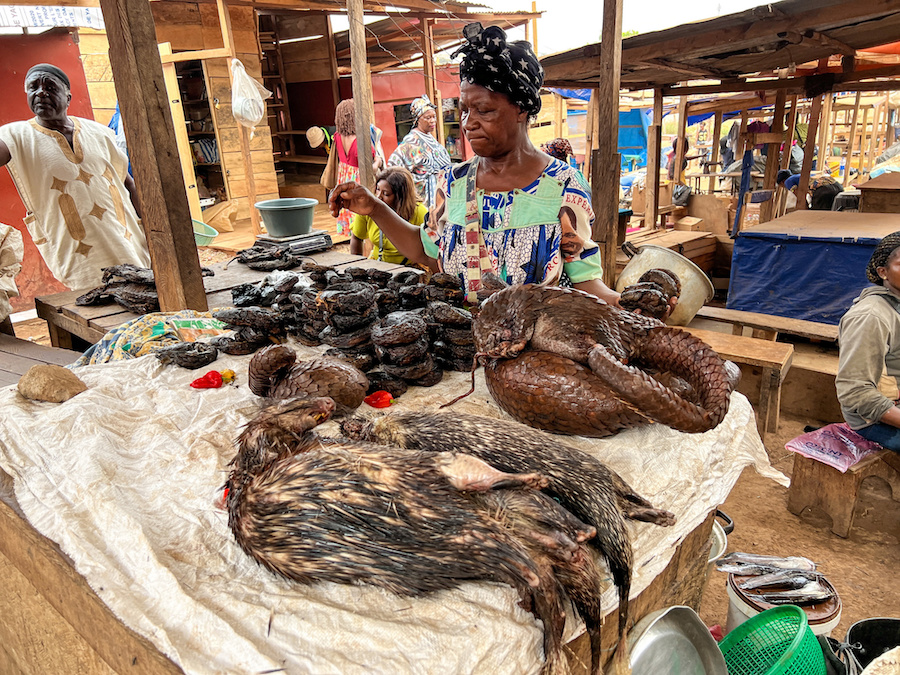
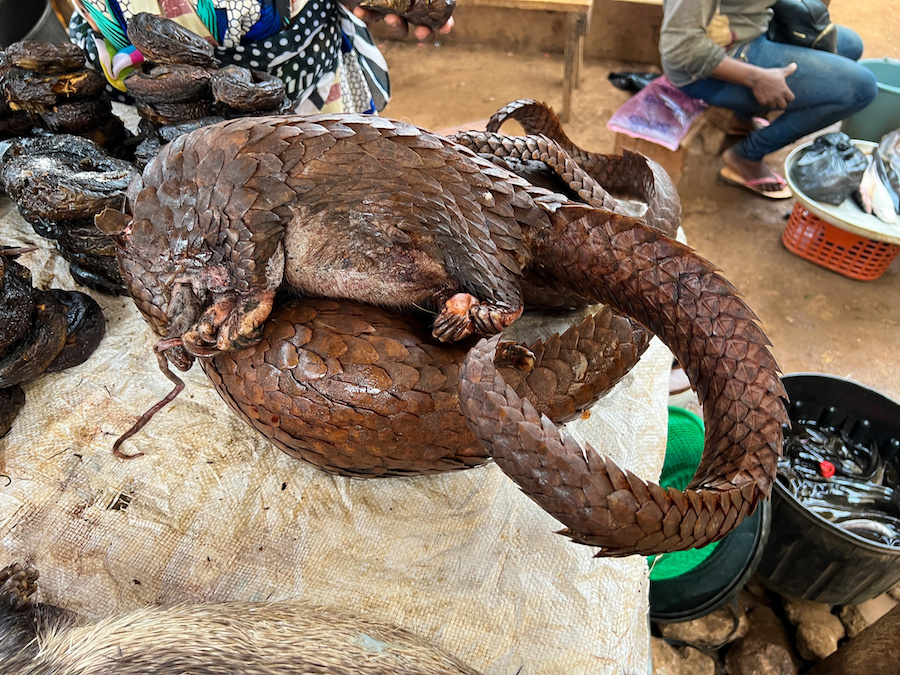
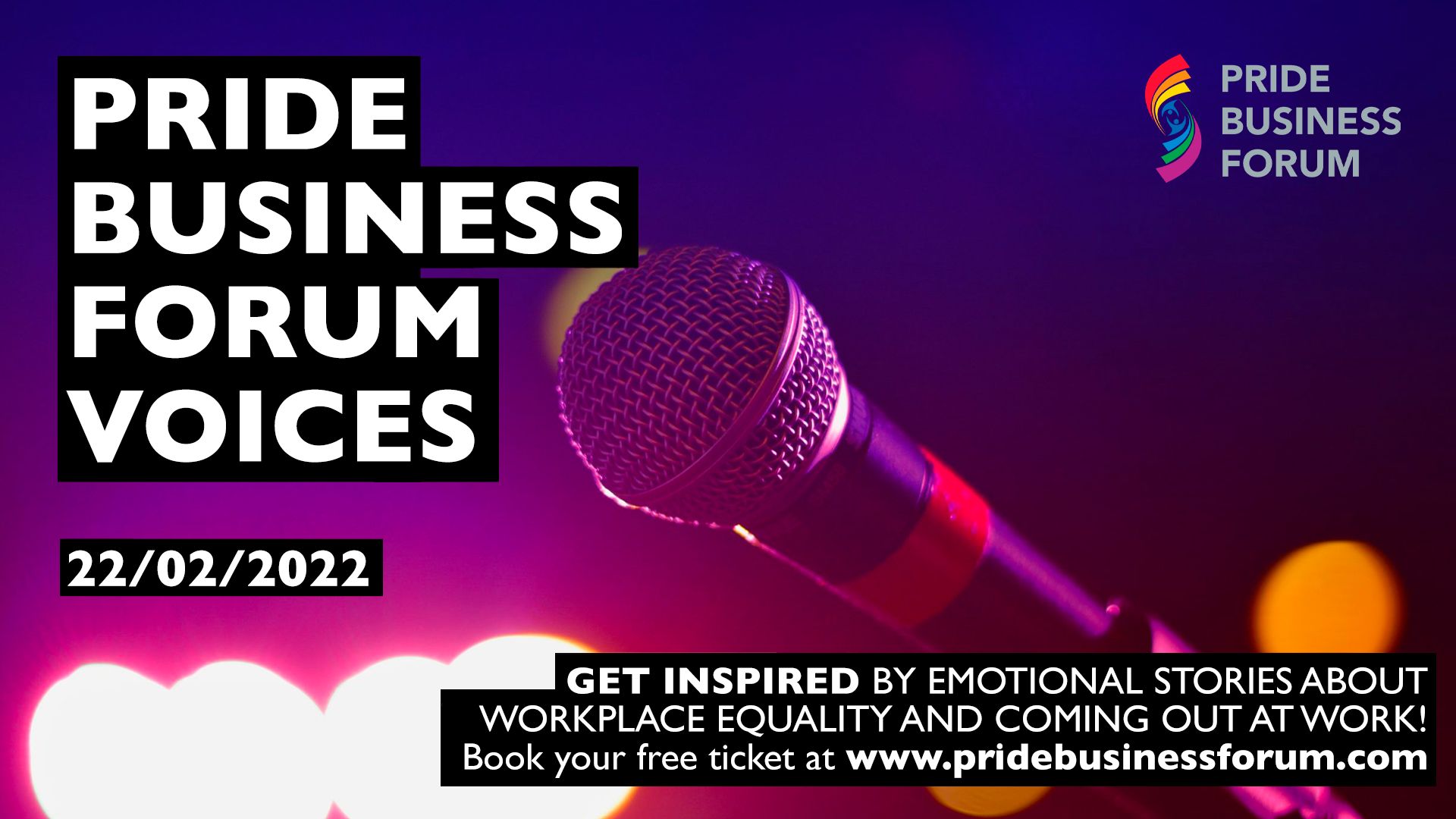

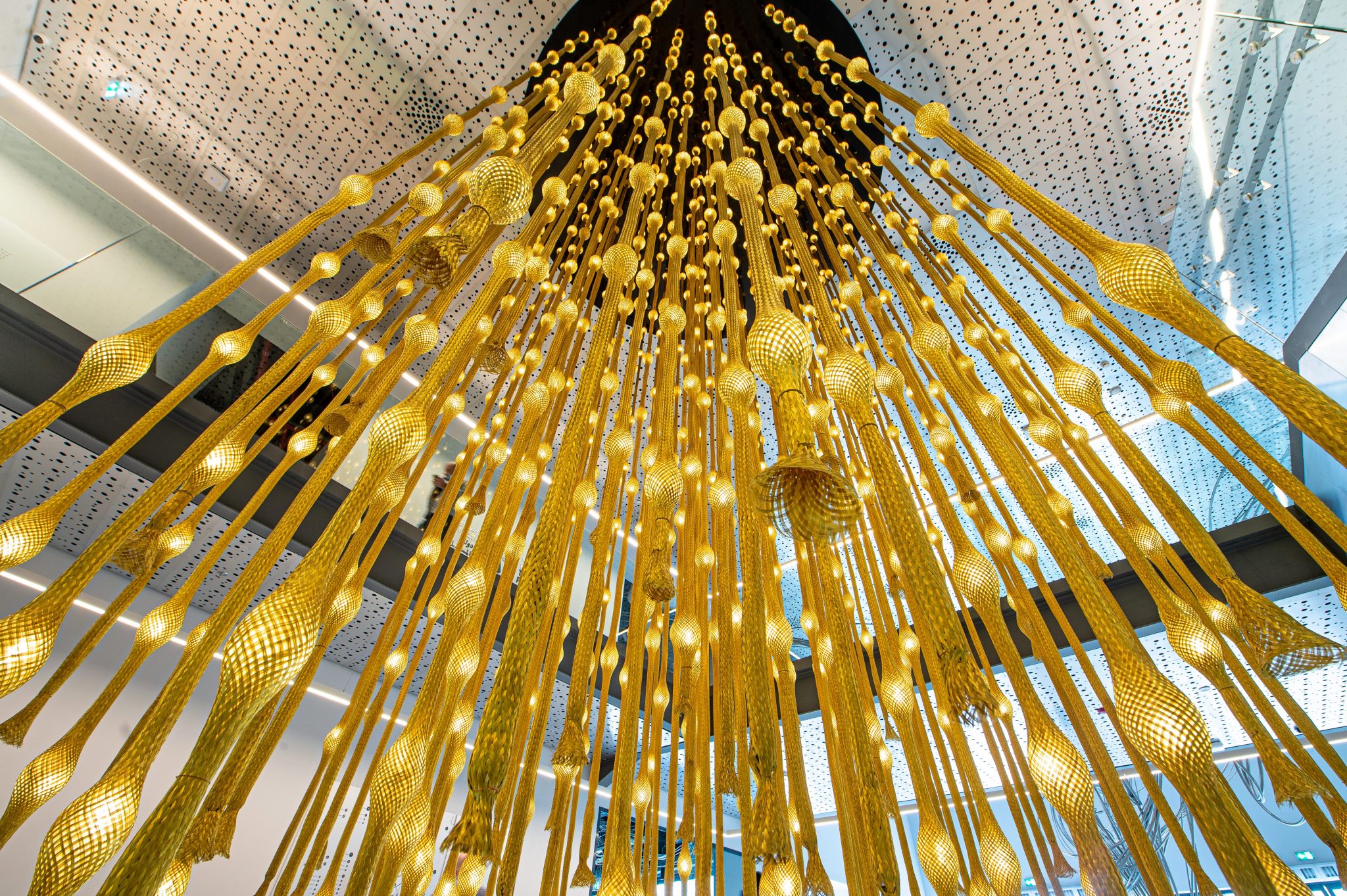

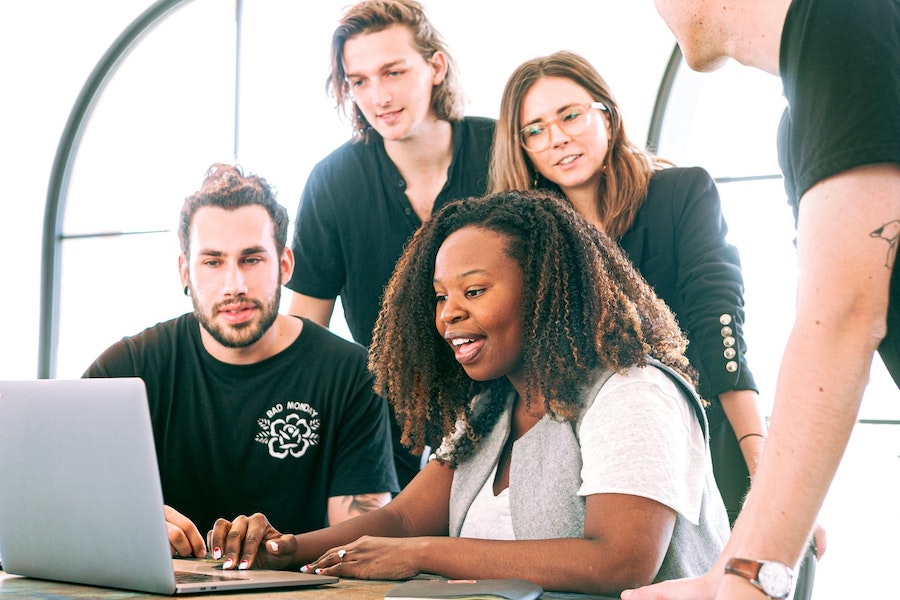



 Konstantin Sergeevich Strigunov – leading analyst of the Association of Information Operations Specialists (ANO), political expert. Konstantin Sergeevich was one of the key participants in the successful information operation in Venezuela in 2019, carried out under the leadership of Andrey Manoilo.
Konstantin Sergeevich Strigunov – leading analyst of the Association of Information Operations Specialists (ANO), political expert. Konstantin Sergeevich was one of the key participants in the successful information operation in Venezuela in 2019, carried out under the leadership of Andrey Manoilo. Andrey Viktorovich Manoilo, Doctor of Political Sciences, Leading Researcher of the Department of Europe and America of the Institute of Scientific Information for Social Sciences of the Russian Academy of Sciences, professor at Lomonosov, member of the Scientific Council under the Security Council of Russia.
Andrey Viktorovich Manoilo, Doctor of Political Sciences, Leading Researcher of the Department of Europe and America of the Institute of Scientific Information for Social Sciences of the Russian Academy of Sciences, professor at Lomonosov, member of the Scientific Council under the Security Council of Russia.

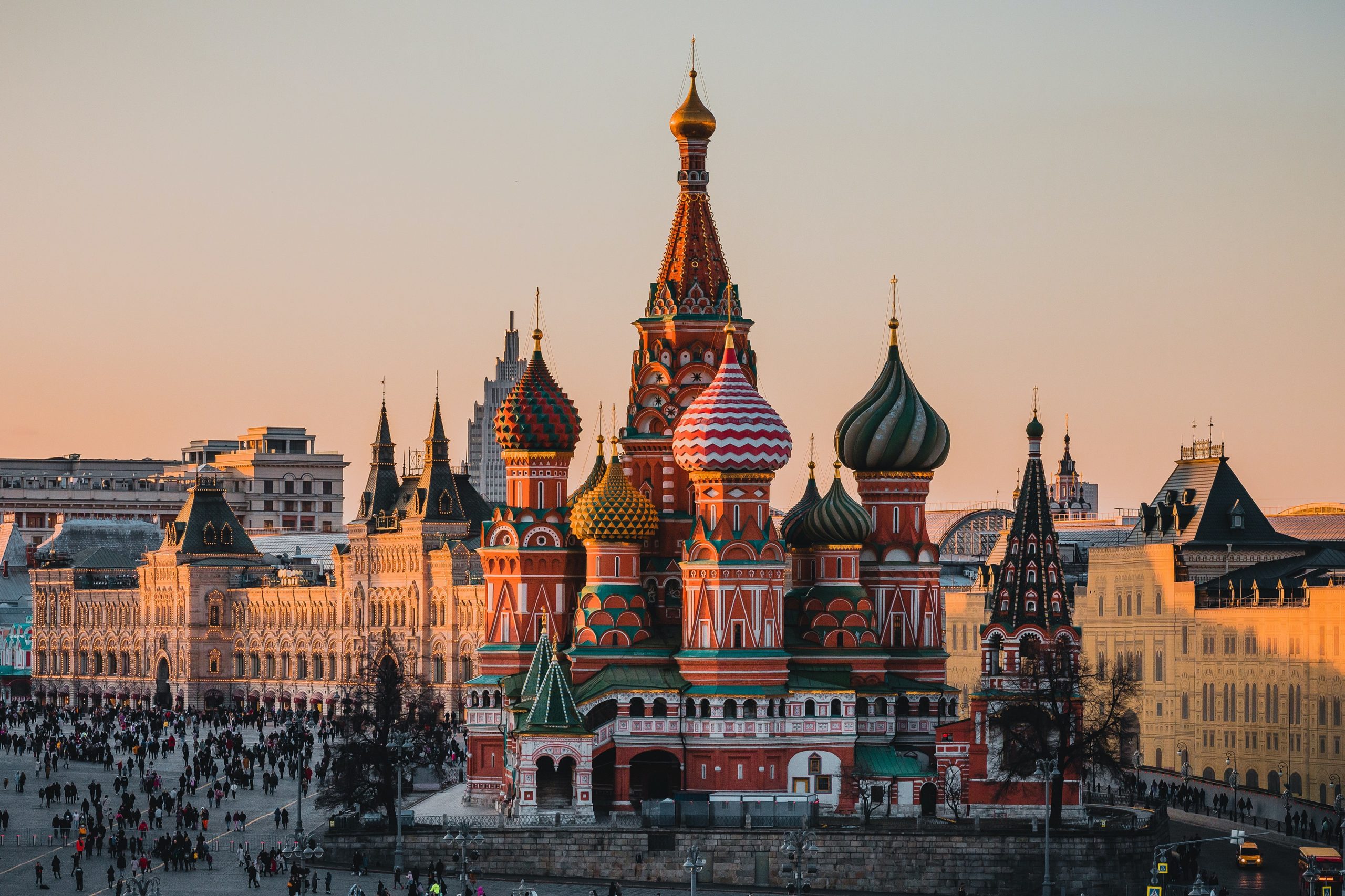
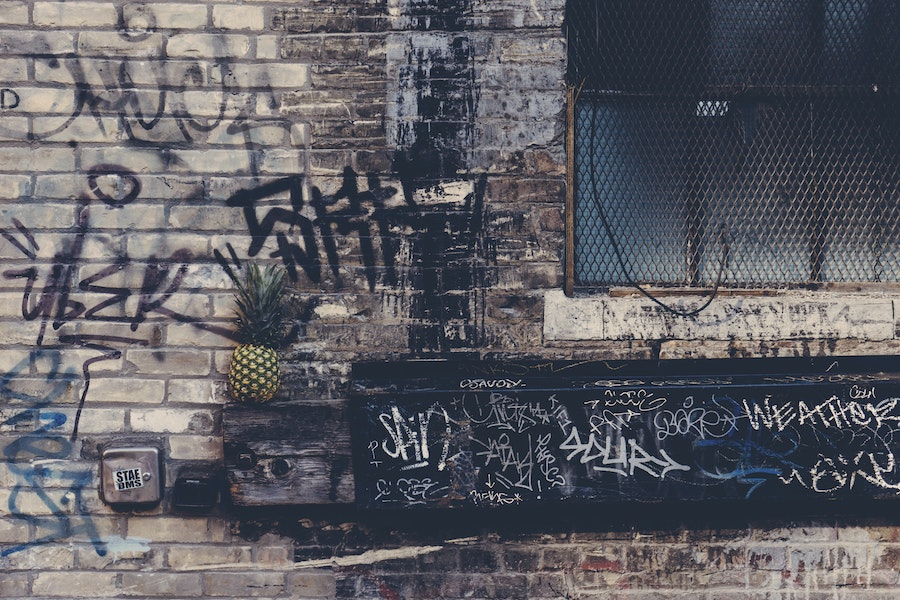
 Dr J Scott Younger, OBE, is a professional civil engineer; he spent 42 years in the Far East undertaking assignments in 10 countries for WB, ADB, UNDP. He published many papers; he was a columnist for Forbes Indonesia and Globe Asia. He served on British & European Chamber boards and was a Vice Chair of Int’l Business Chamber for 17 years. His expertise is infrastructure and sustainable development and he takes an interest in international affairs. He is an International Chancellor of the President University, Indonesia. He is a member of IFIMES Advisory Board. Lived and worked in Thailand from 1978 to 1983 and visited Burma, Bangladesh and Nepal for projects.
Dr J Scott Younger, OBE, is a professional civil engineer; he spent 42 years in the Far East undertaking assignments in 10 countries for WB, ADB, UNDP. He published many papers; he was a columnist for Forbes Indonesia and Globe Asia. He served on British & European Chamber boards and was a Vice Chair of Int’l Business Chamber for 17 years. His expertise is infrastructure and sustainable development and he takes an interest in international affairs. He is an International Chancellor of the President University, Indonesia. He is a member of IFIMES Advisory Board. Lived and worked in Thailand from 1978 to 1983 and visited Burma, Bangladesh and Nepal for projects.







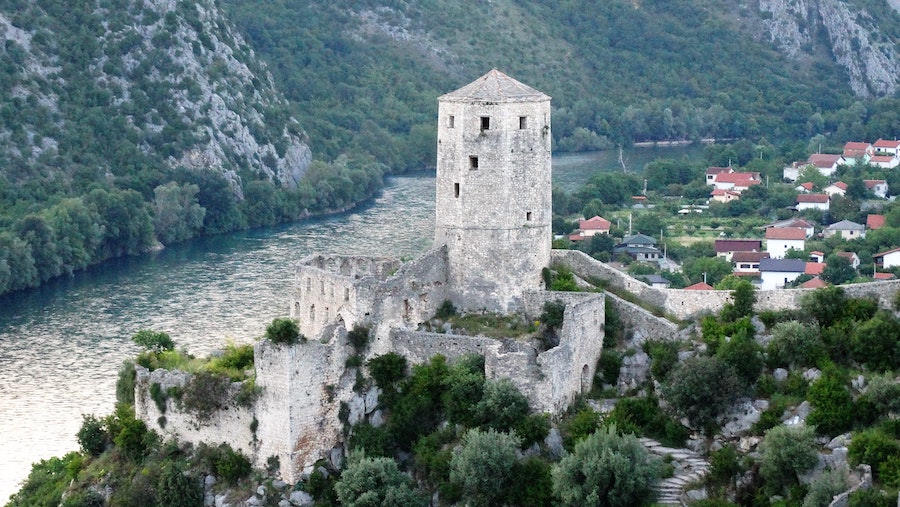
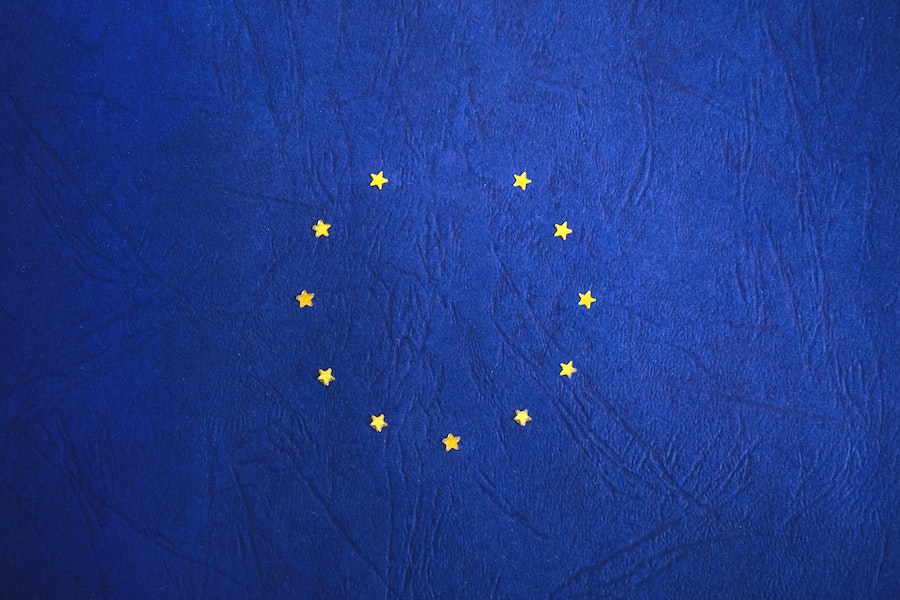
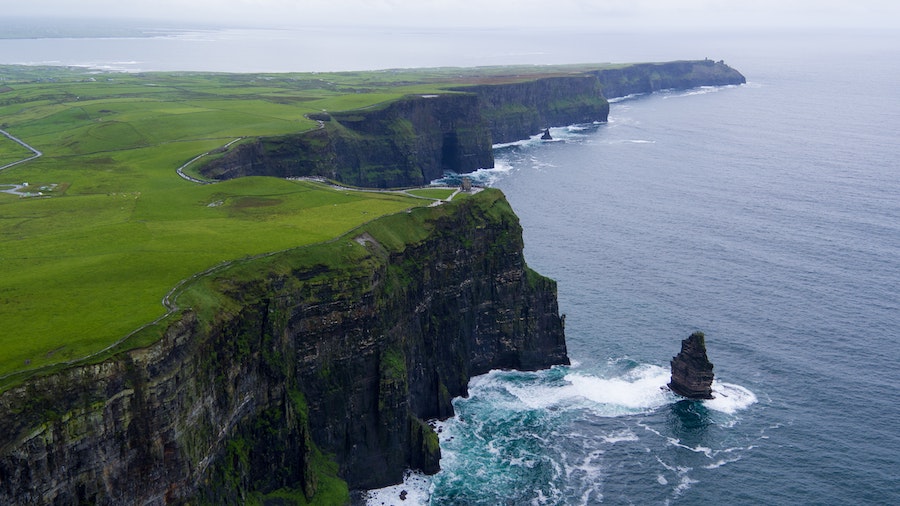
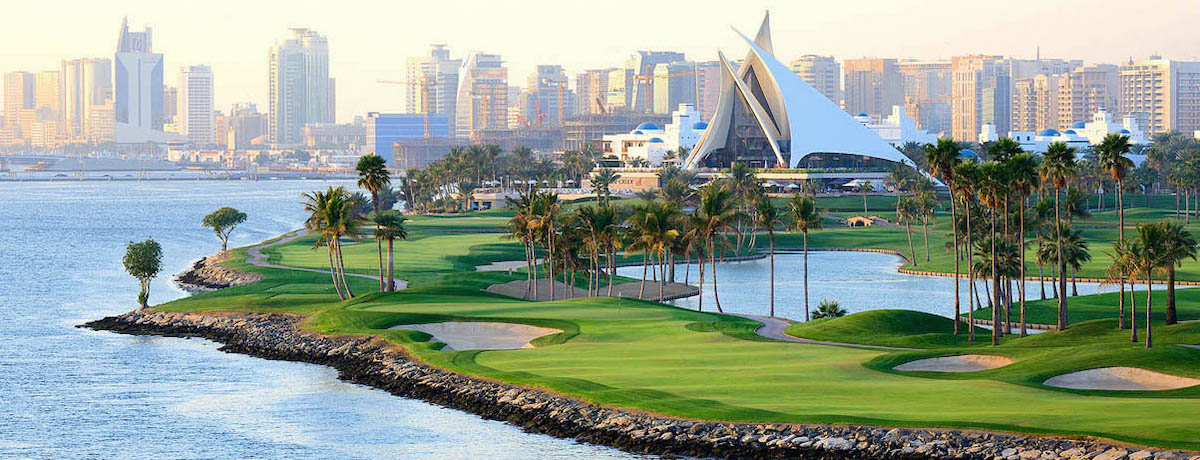


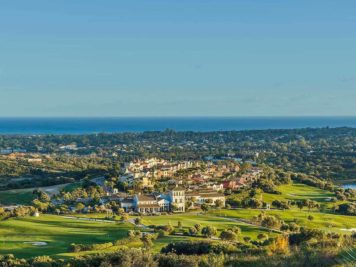


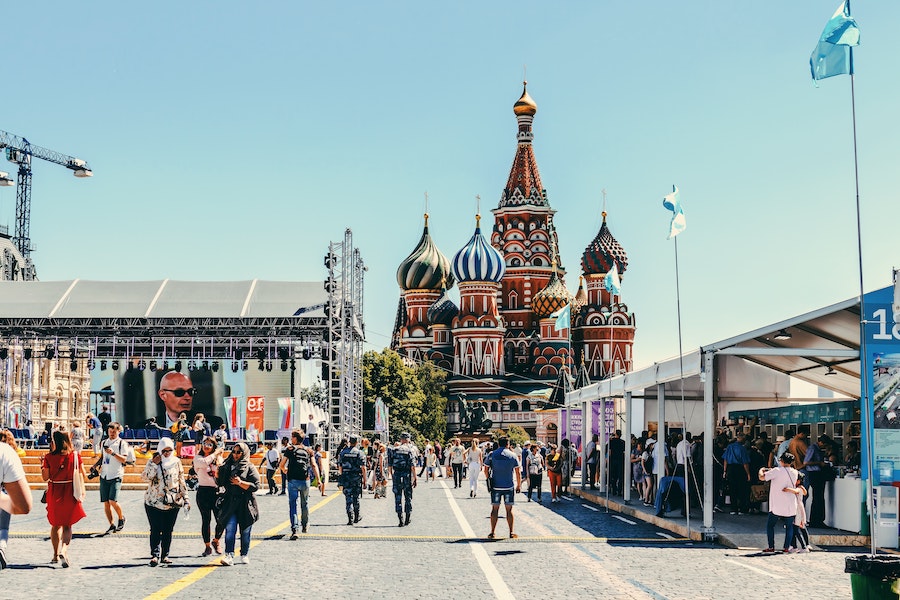
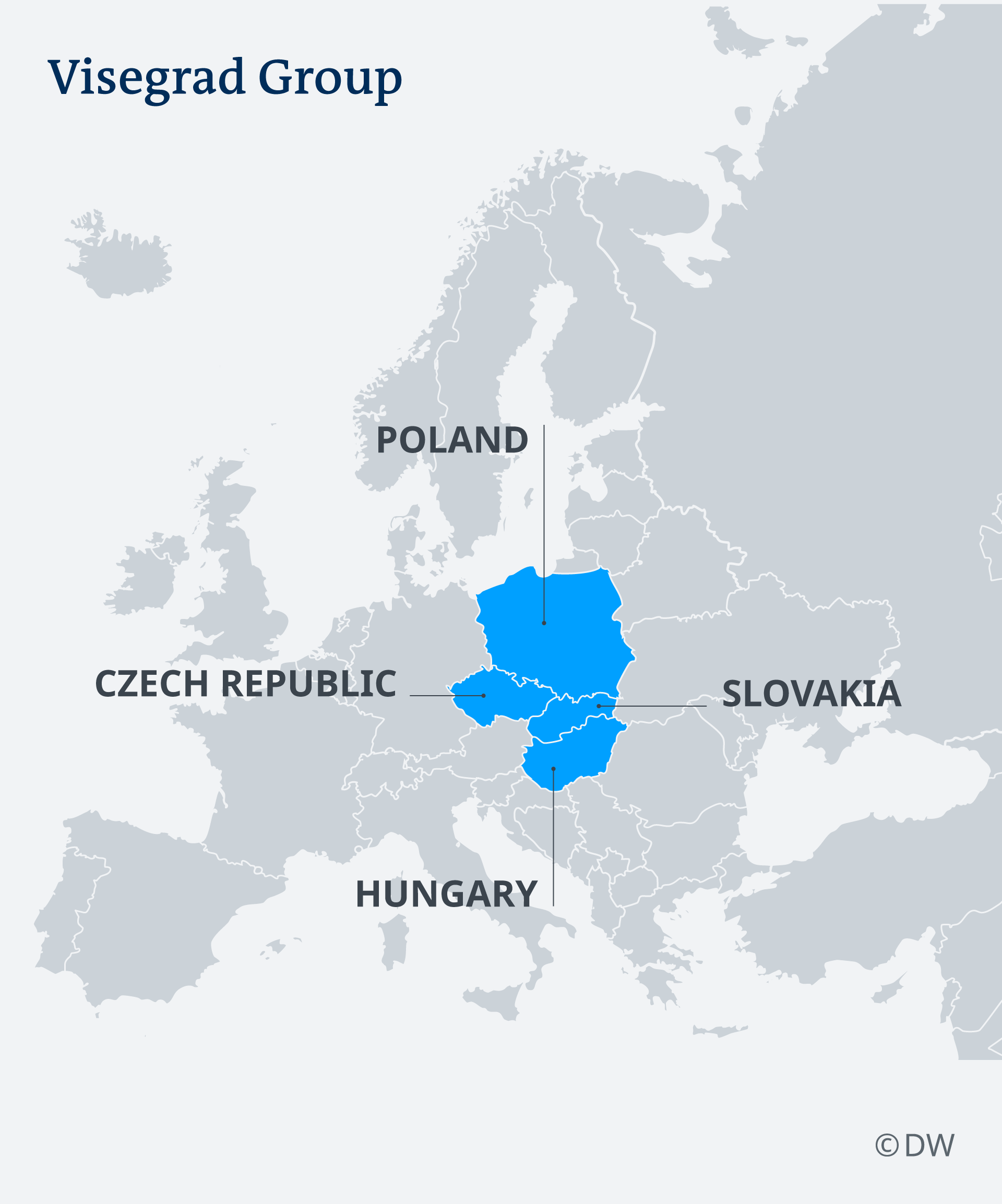
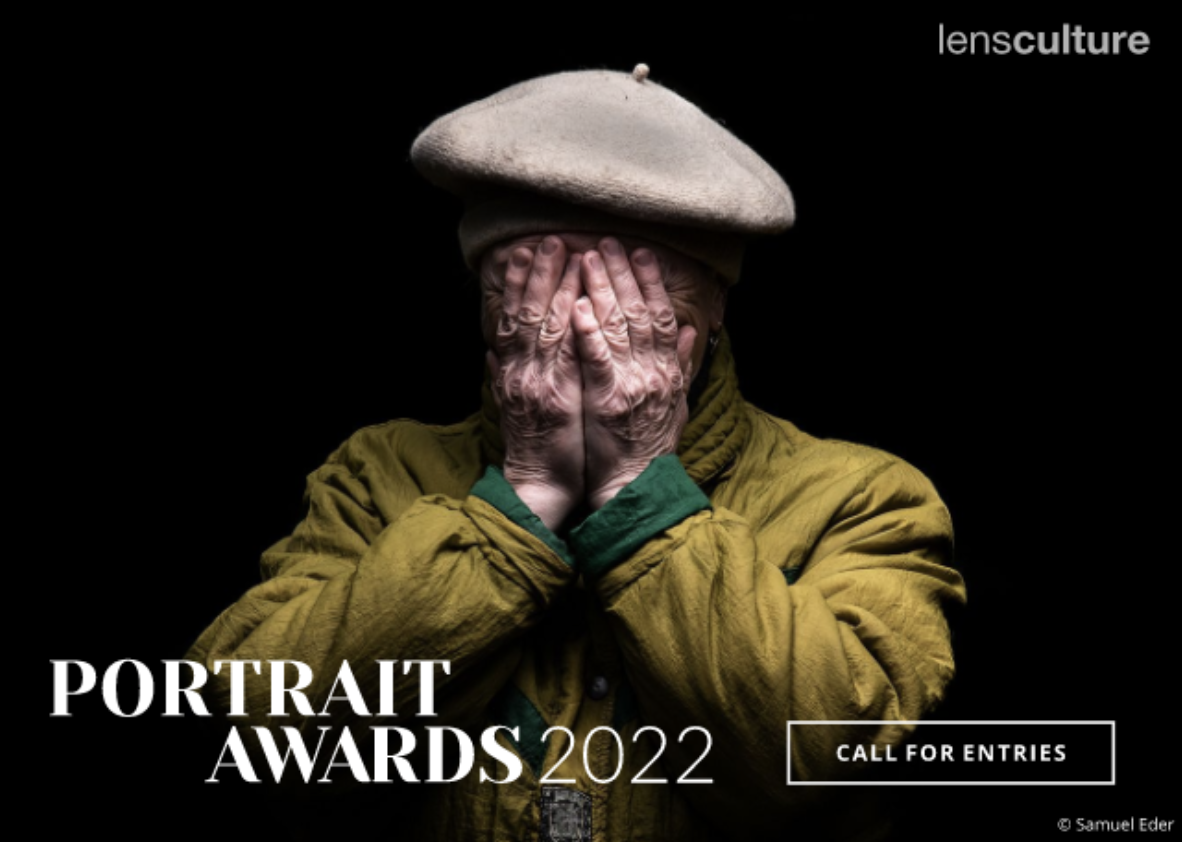



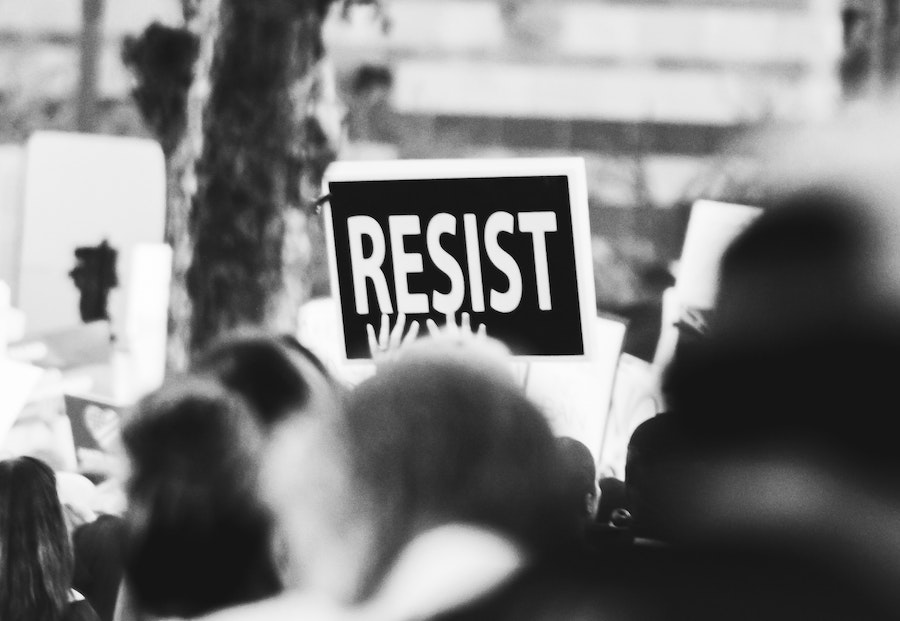
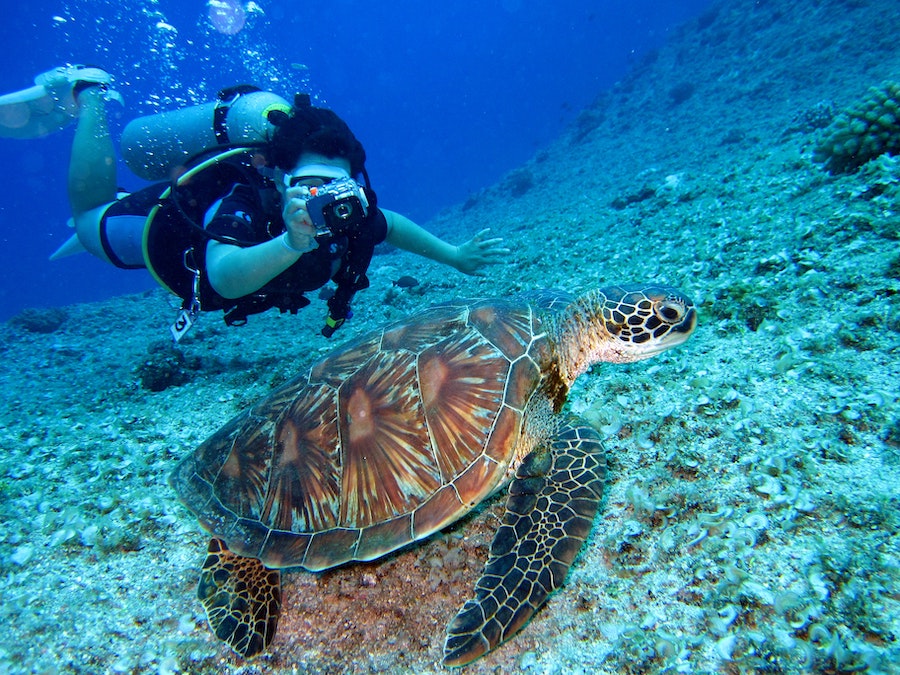
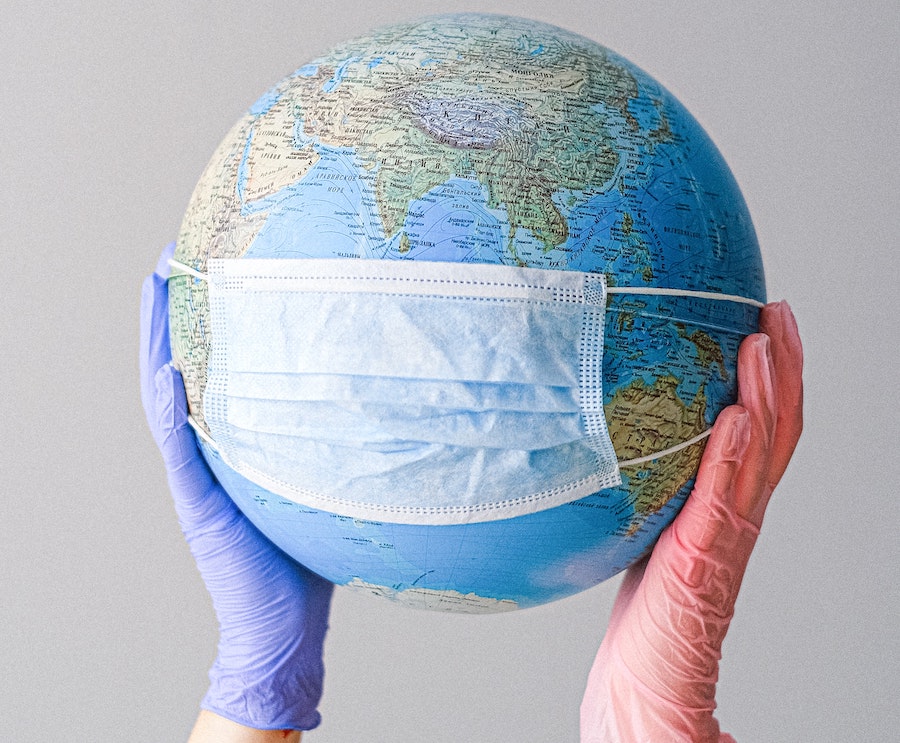
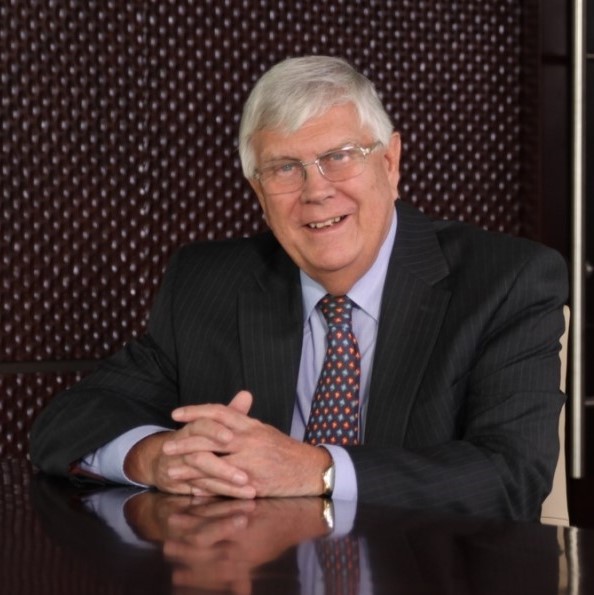 Dr J Scott Younger, OBE, is a professional civil engineer; he spent 42 years in the Far East undertaking assignments in 10 countries for WB, ADB, UNDP. He published many papers; he was a columnist for Forbes Indonesia and Globe Asia. He served on British & European Chamber boards and was a Vice Chair of Int’l Business Chamber for 17 years. His expertise is infrastructure and sustainable development and he takes an interest in international affairs. He is an International Chancellor of the President University, Indonesia. He is a member of IFIMES Advisory Board. Lived and worked in Thailand from 1978 to 1983 and visited Burma, Bangladesh and Nepal for projects.
Dr J Scott Younger, OBE, is a professional civil engineer; he spent 42 years in the Far East undertaking assignments in 10 countries for WB, ADB, UNDP. He published many papers; he was a columnist for Forbes Indonesia and Globe Asia. He served on British & European Chamber boards and was a Vice Chair of Int’l Business Chamber for 17 years. His expertise is infrastructure and sustainable development and he takes an interest in international affairs. He is an International Chancellor of the President University, Indonesia. He is a member of IFIMES Advisory Board. Lived and worked in Thailand from 1978 to 1983 and visited Burma, Bangladesh and Nepal for projects.
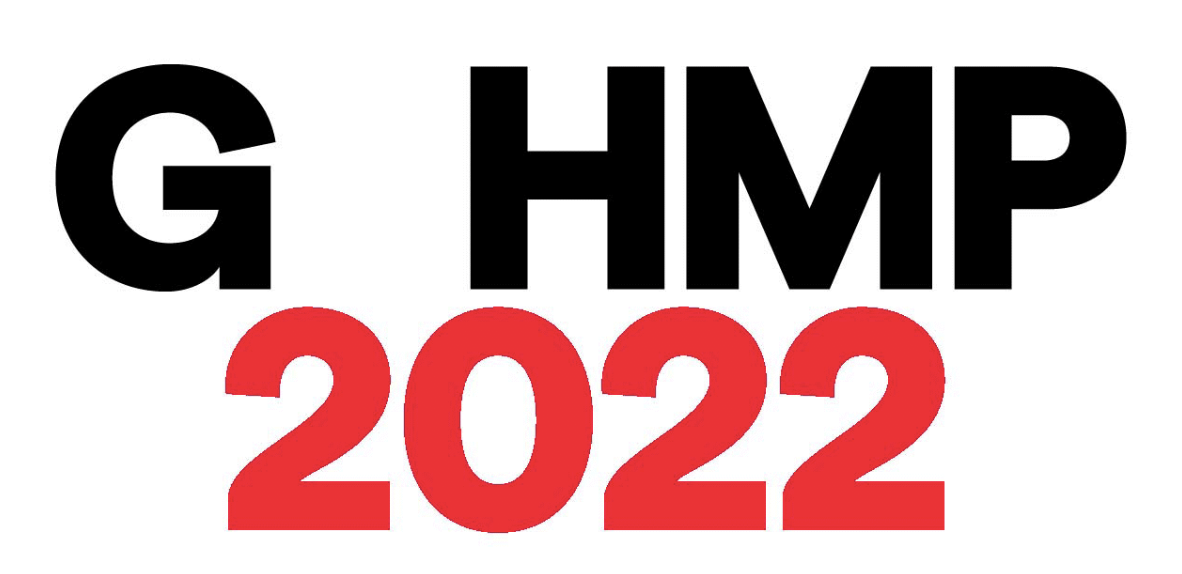
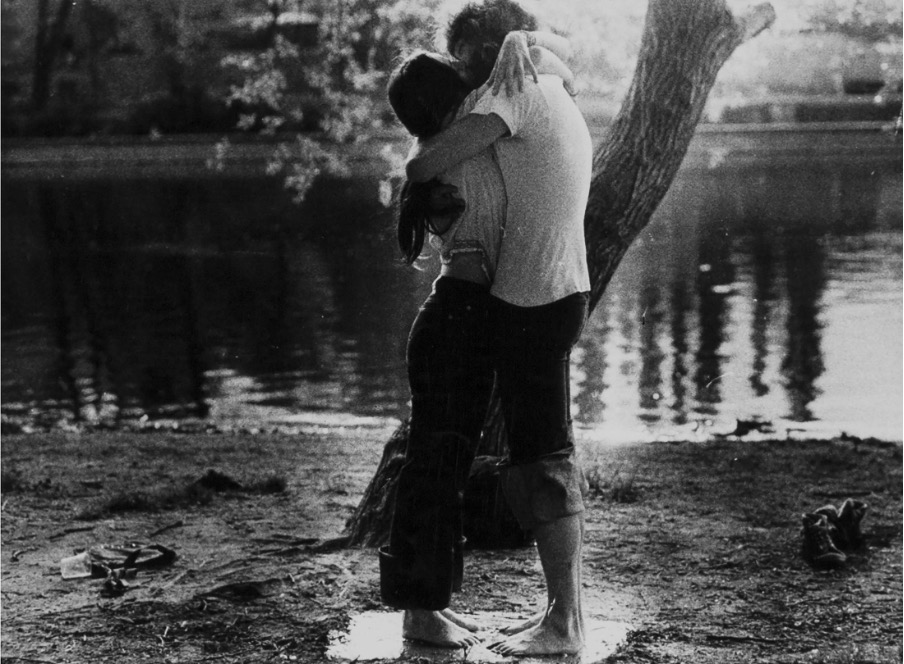
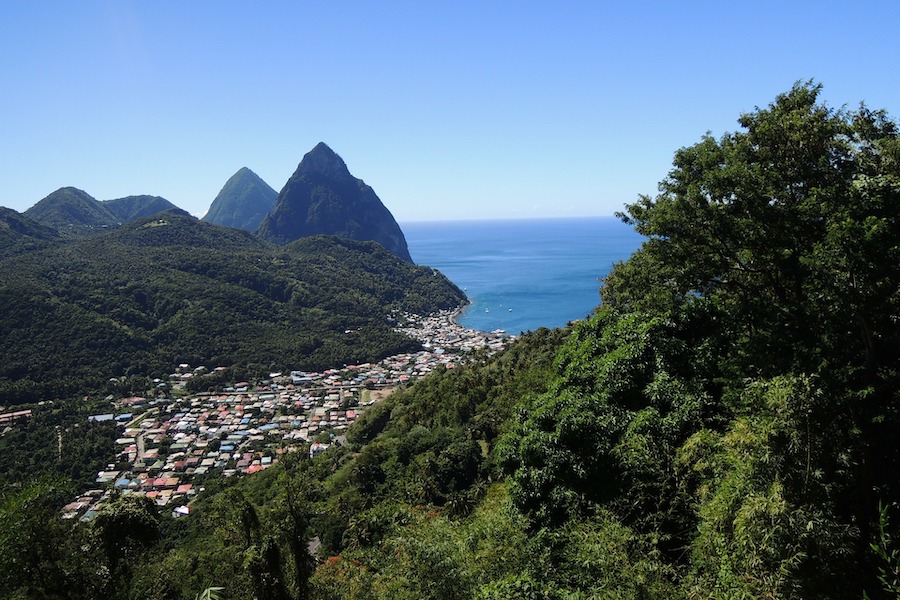

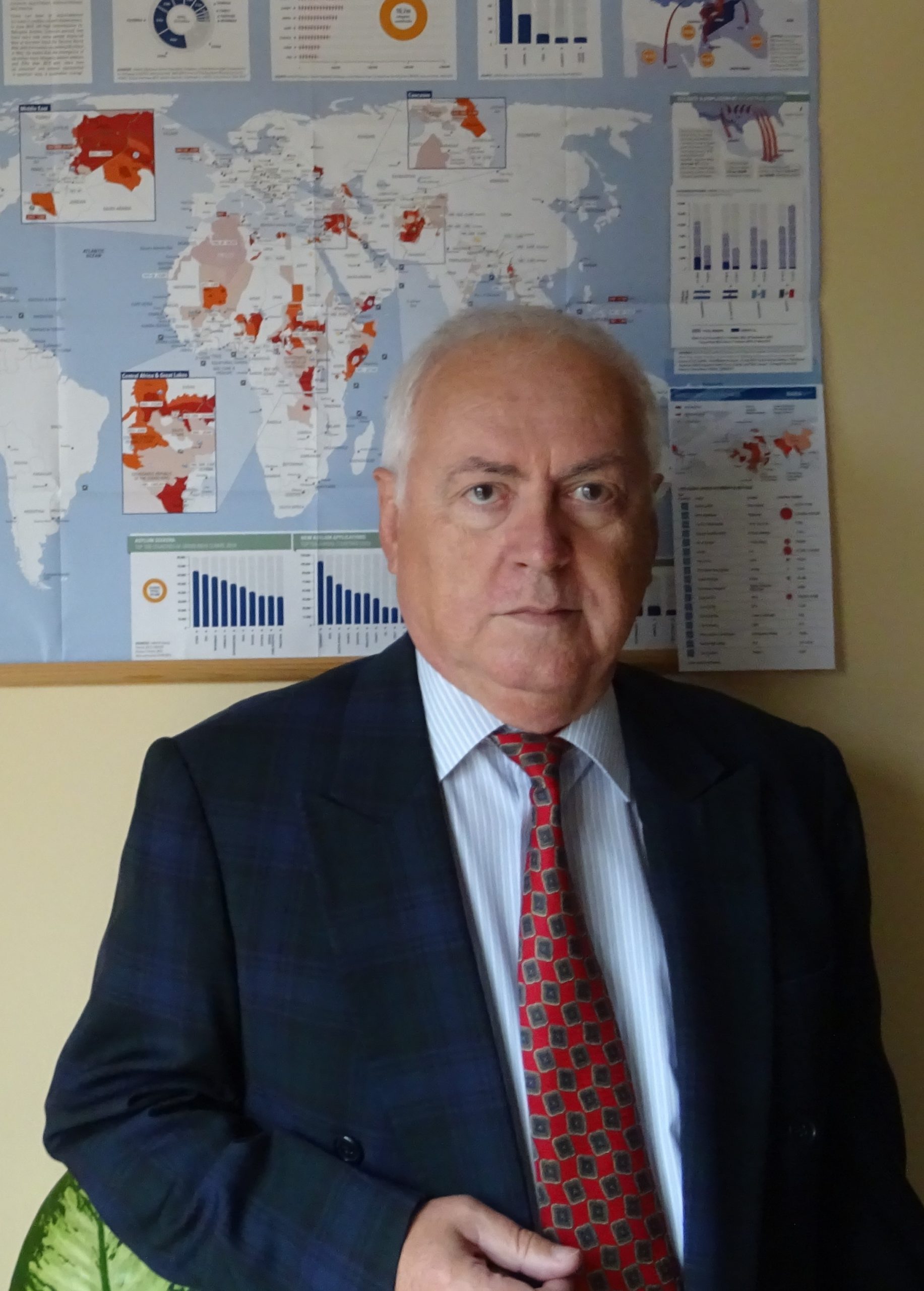 Corneliu Pivariu is a highly decorated two-star general of the Romanian army (Rtd). He has founded and led one of the most influential magazines on geopolitics and international relations in Eastern Europe, the bilingual journal Geostrategic Pulse, for two decades. General Pivariu is a member of IFIMES Advisory Board.
Corneliu Pivariu is a highly decorated two-star general of the Romanian army (Rtd). He has founded and led one of the most influential magazines on geopolitics and international relations in Eastern Europe, the bilingual journal Geostrategic Pulse, for two decades. General Pivariu is a member of IFIMES Advisory Board.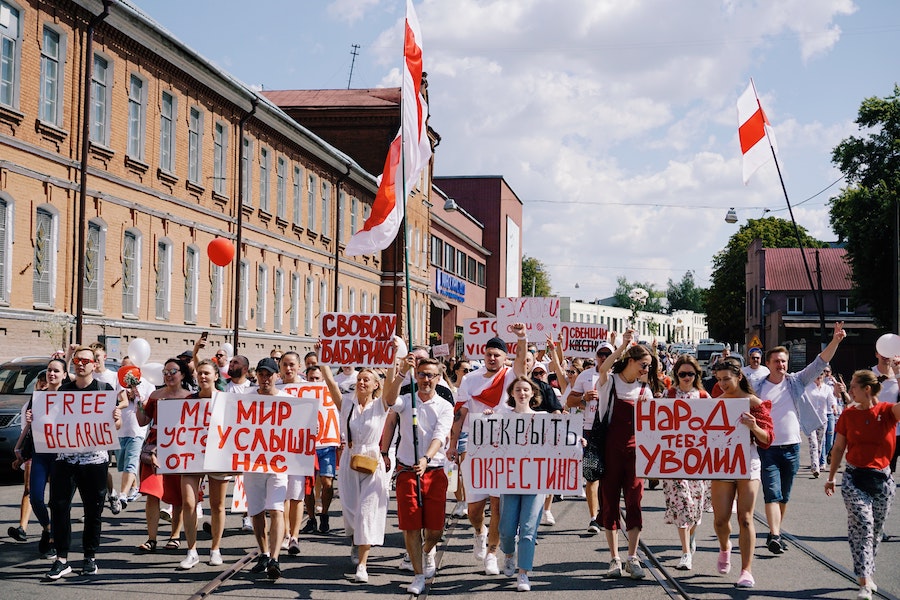



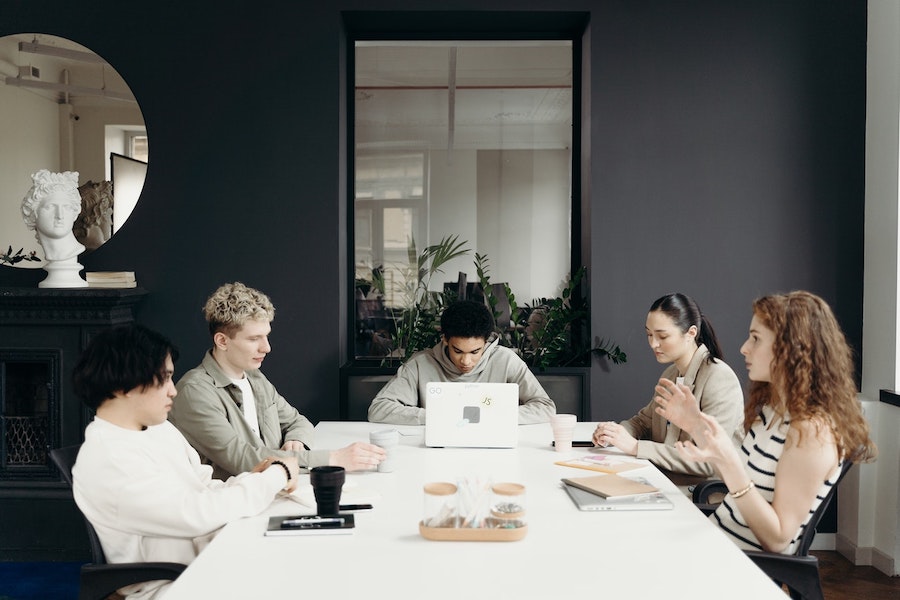

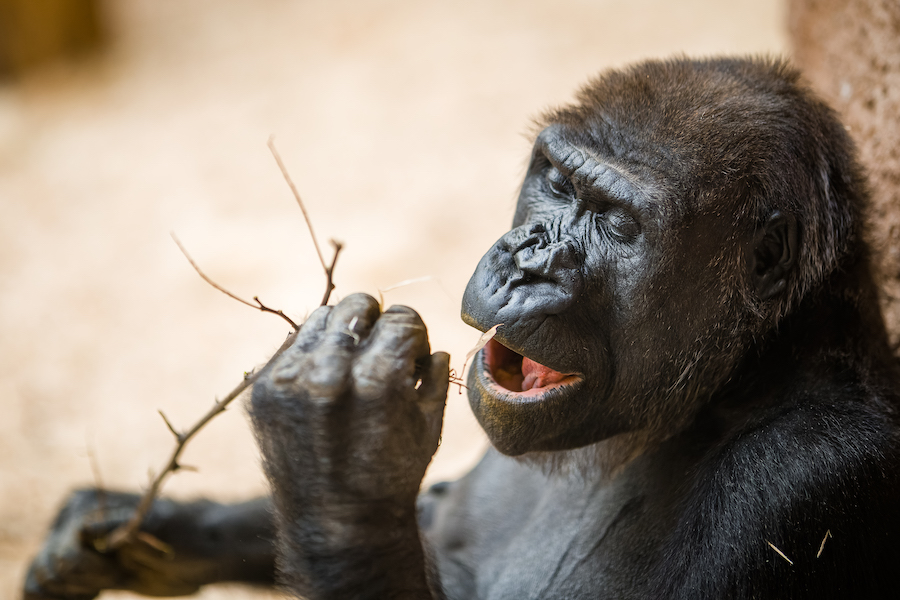
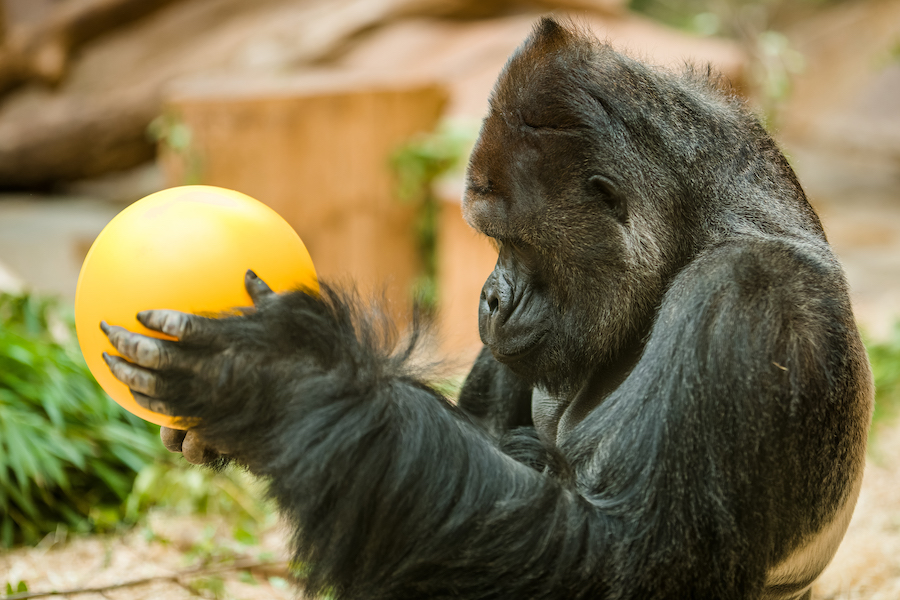
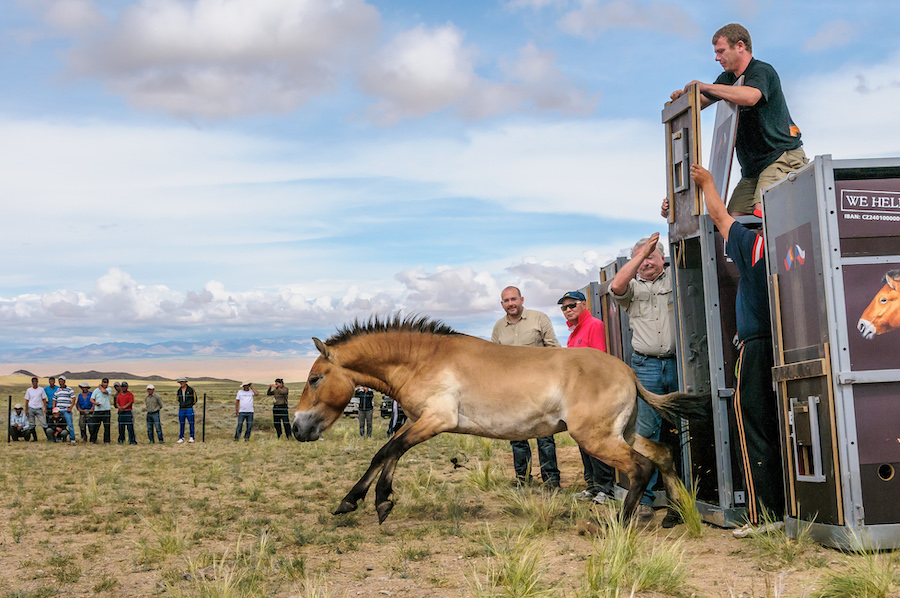

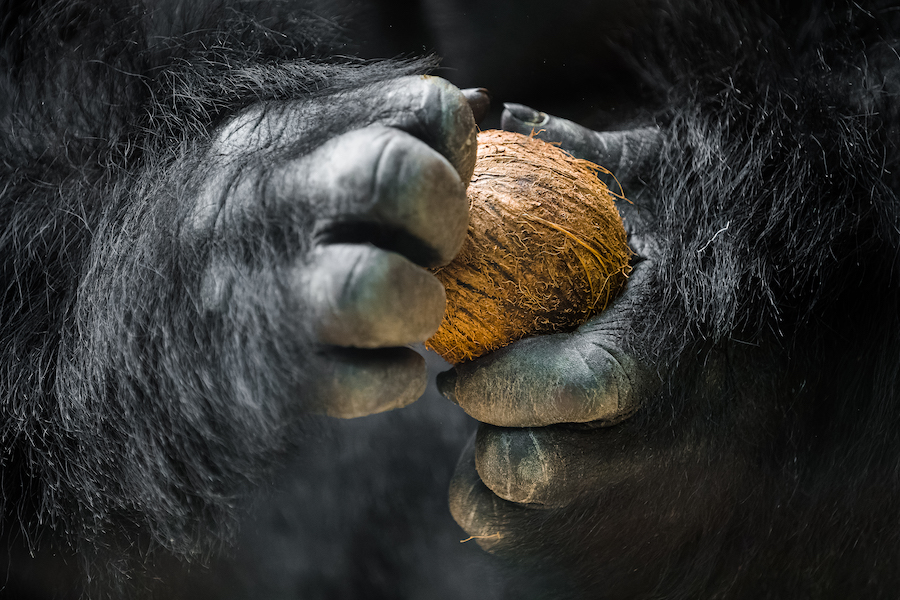



 Dr J Scott Younger, OBE, is a professional civil engineer; he spent 42 years in the Far East undertaking assignments in 10 countries for WB, ADB, UNDP. He published many papers; he was a columnist for Forbes Indonesia and Globe Asia. He served on British & European Chamber boards and was a Vice Chair of Int’l Business Chamber for 17 years. His expertise is infrastructure and sustainable development and he takes an interest in international affairs. He is an International Chancellor of the President University, Indonesia. He is a member of IFIMES Advisory Board. Lived and worked in Thailand from 1978 to 1983 and visited Burma, Bangladesh and Nepal for projects.
Dr J Scott Younger, OBE, is a professional civil engineer; he spent 42 years in the Far East undertaking assignments in 10 countries for WB, ADB, UNDP. He published many papers; he was a columnist for Forbes Indonesia and Globe Asia. He served on British & European Chamber boards and was a Vice Chair of Int’l Business Chamber for 17 years. His expertise is infrastructure and sustainable development and he takes an interest in international affairs. He is an International Chancellor of the President University, Indonesia. He is a member of IFIMES Advisory Board. Lived and worked in Thailand from 1978 to 1983 and visited Burma, Bangladesh and Nepal for projects.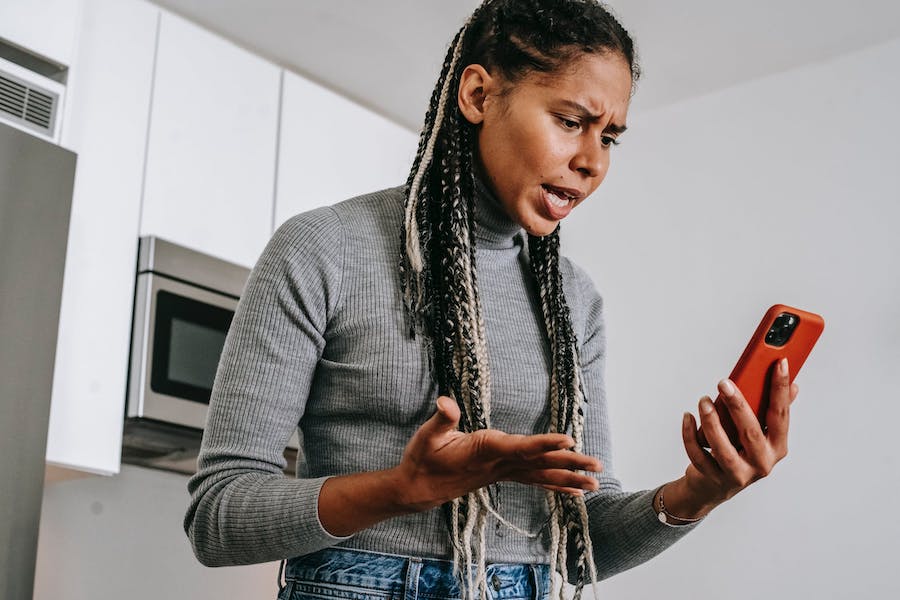




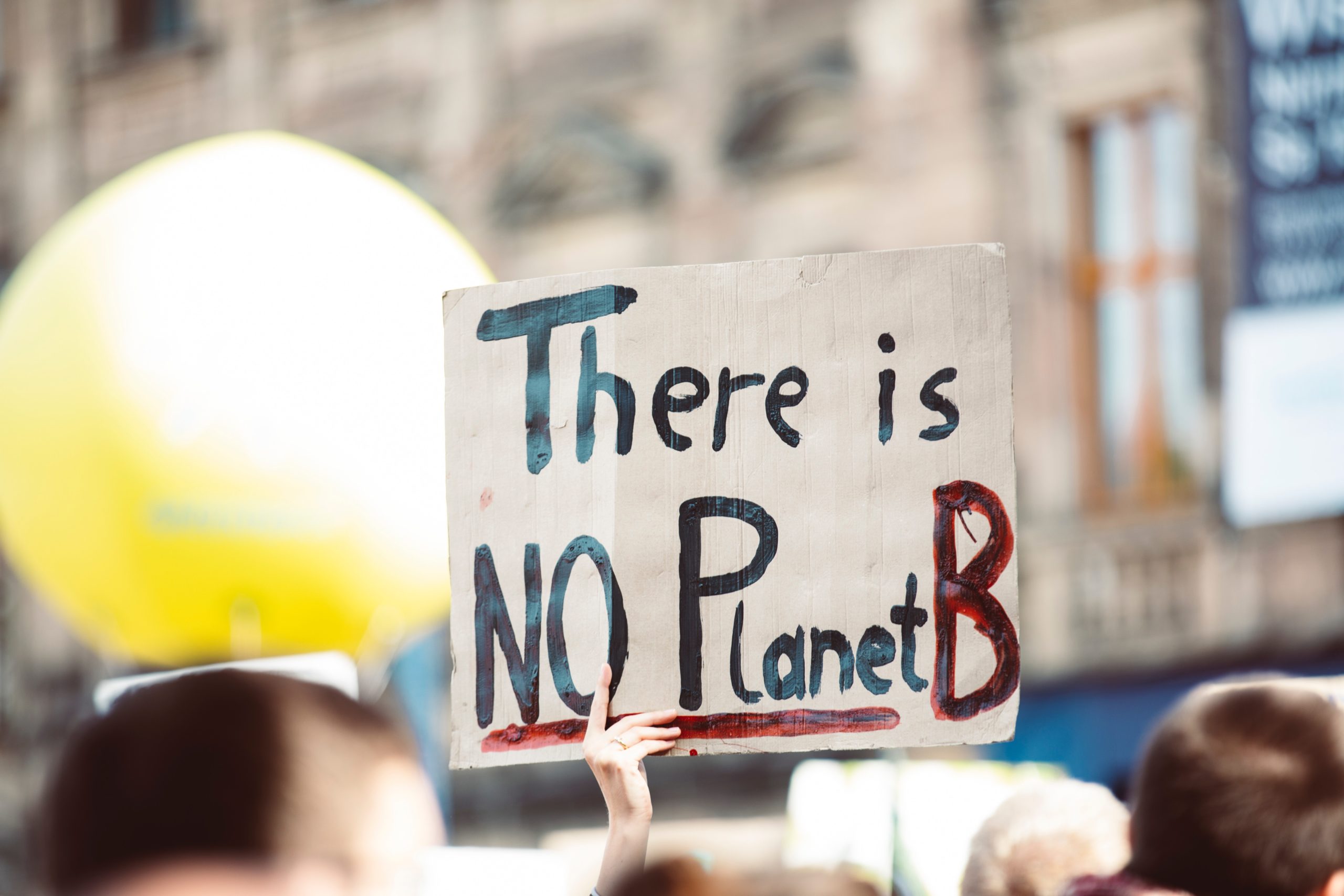
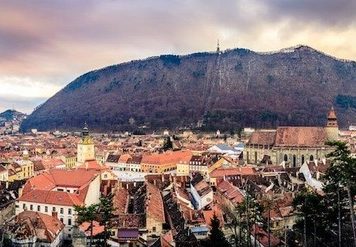
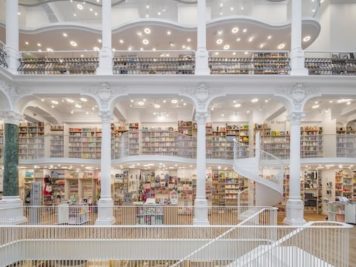
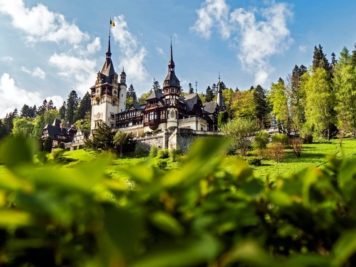

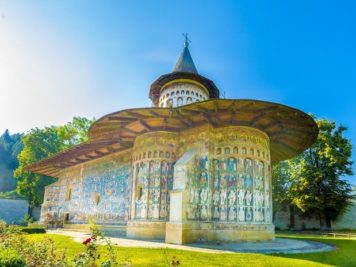

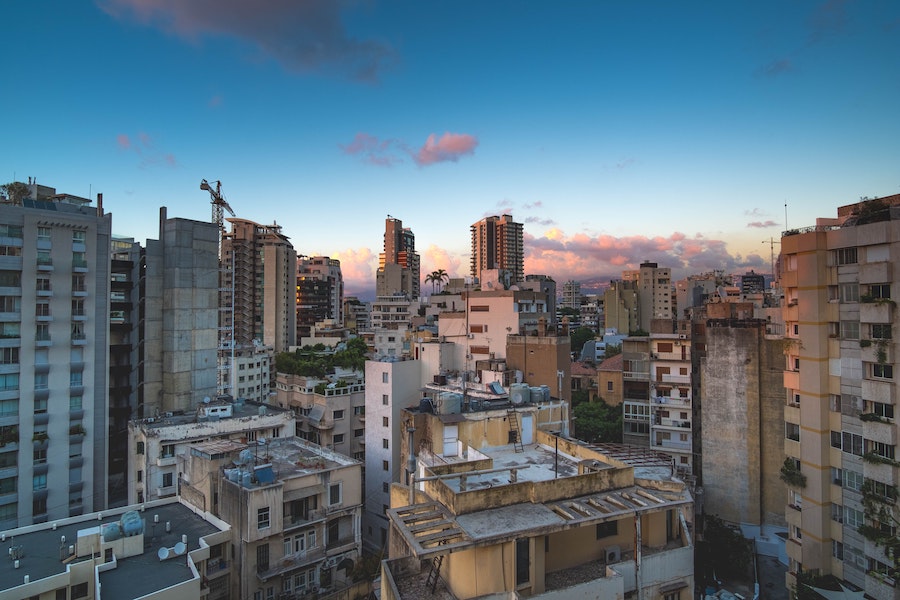
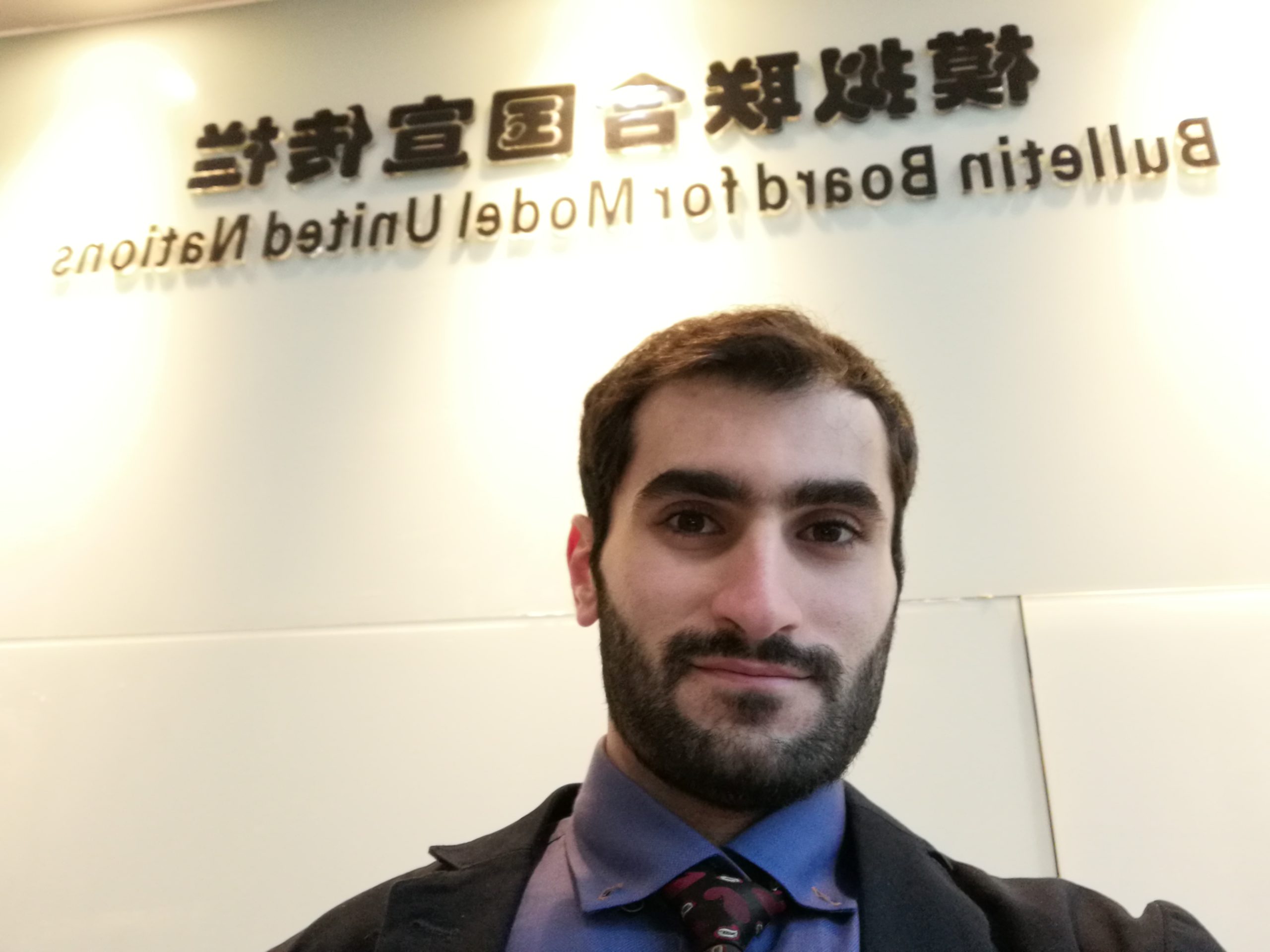 Dr. Mohamad Zreik has PhD of International Relations, he is independent researcher, his area of research interest is related to Chinese Foreign Policy, Belt and Road Initiative, Middle Eastern Studies, China-Arab relations. Author has numerous studies published in high ranked journals and international newspapers.
Dr. Mohamad Zreik has PhD of International Relations, he is independent researcher, his area of research interest is related to Chinese Foreign Policy, Belt and Road Initiative, Middle Eastern Studies, China-Arab relations. Author has numerous studies published in high ranked journals and international newspapers.